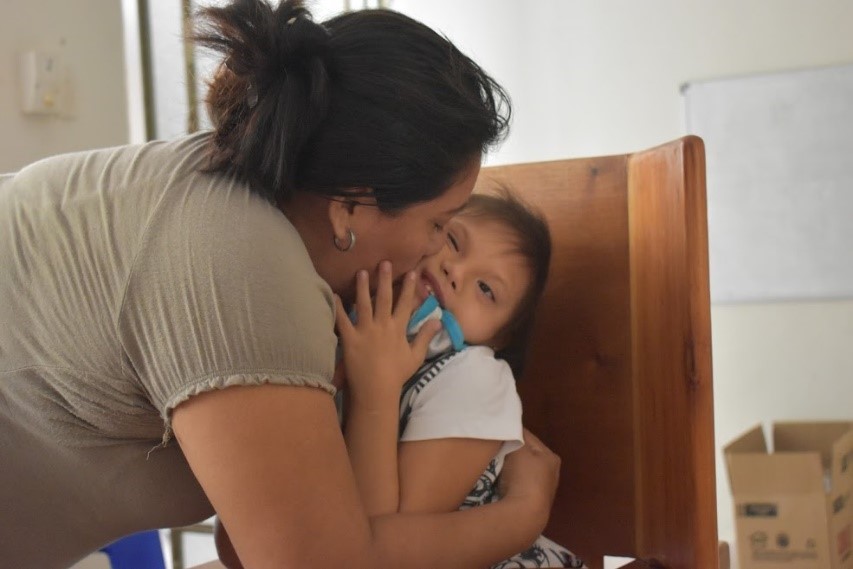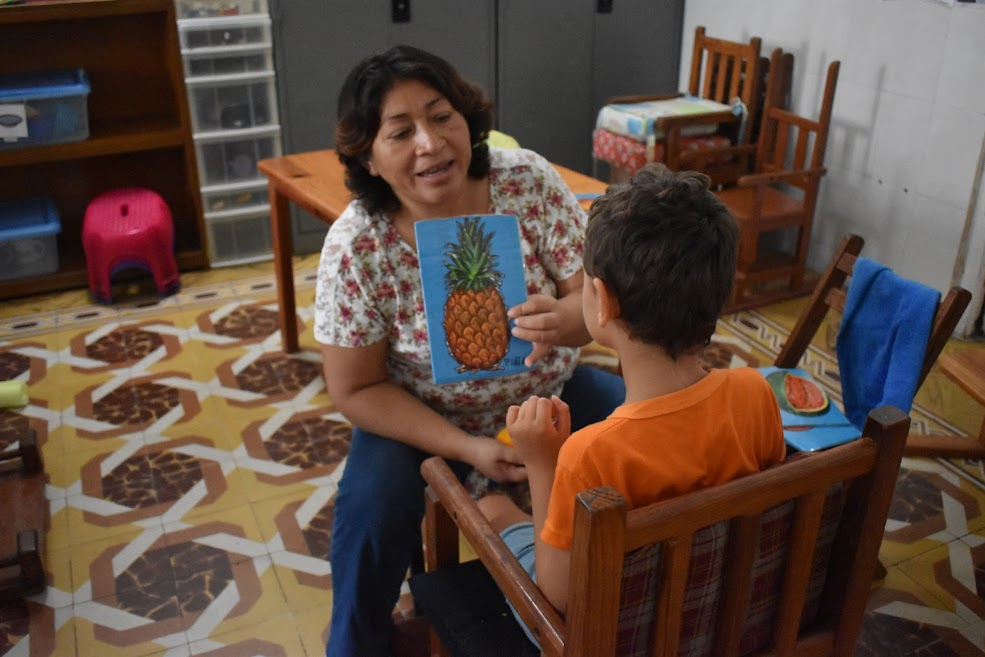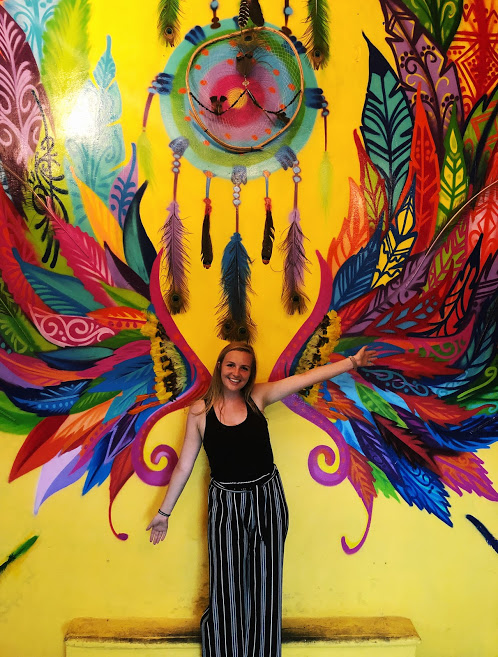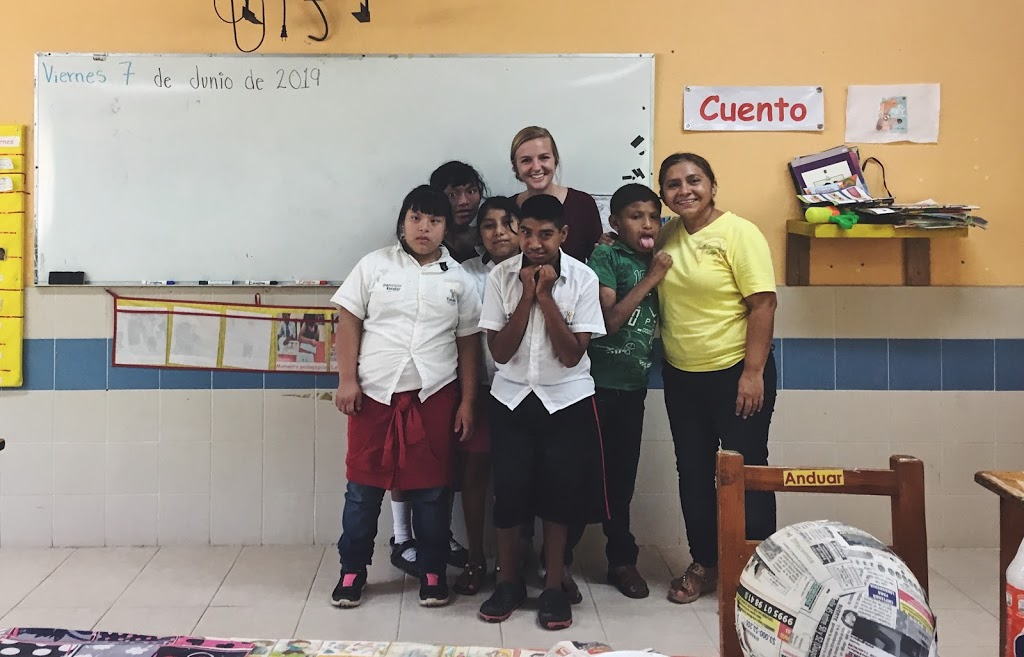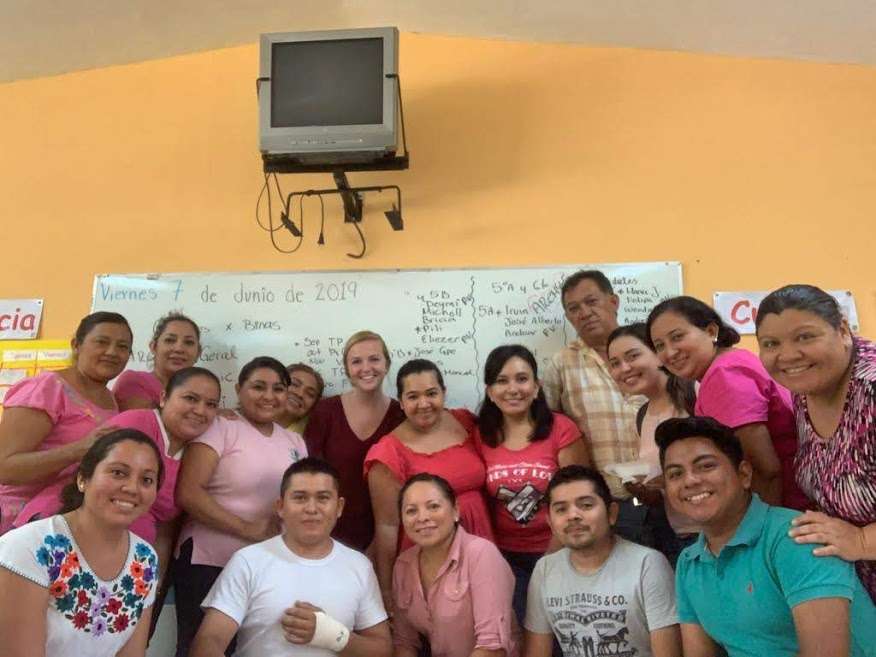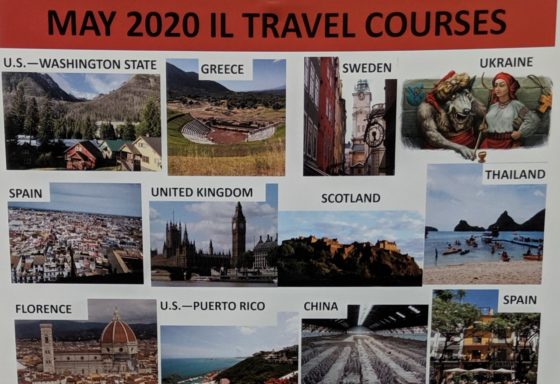No matter what year you are, it is never too early or too “late” to begin considering what you want to do during your time at Roanoke College, in order to stand out to potential future employers or graduate programs. Therefore, whether you are a first-semester freshman or a first-semester senior, there are always things you can be doing on and off campus to prepare you for your future post-grad studies or jobs in psychology.
If you plan to pursue a career or graduate program in psychology then follow this post as a guide to begin building up your resume or CV with experiences that will help you stand out to future employers or programs.

Plan ahead
 You do not need to have your future plans set in stone at any point during your college career, but it may be good to start considering different options and creating plans around those options. That is, look at what courses you will need to take to complete your major/minor/concentration and roughly layout when you will take them. Moreover, consider what you do and do not want to do while in college (e.g., internships, research, study abroad, etc.). This initial planning stage will help you in the long run but is not limited to those in their freshman year.
You do not need to have your future plans set in stone at any point during your college career, but it may be good to start considering different options and creating plans around those options. That is, look at what courses you will need to take to complete your major/minor/concentration and roughly layout when you will take them. Moreover, consider what you do and do not want to do while in college (e.g., internships, research, study abroad, etc.). This initial planning stage will help you in the long run but is not limited to those in their freshman year.
Seniors, planning may look different, but consider different post-grad options and begin looking at what they require. From here, plan out what to do during your final two semesters and post-undergrad to help you get into the job/programs that you are looking into.
Explore options
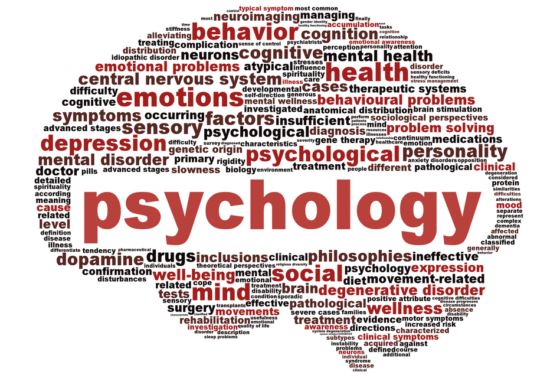
When considering what you want to do in psychology consider the multiple options available to you. Look into different career paths, graduate programs, or post-grad internships and research opportunities. Do not be afraid to take a gap year after graduating from Roanoke College to explore these options and to gain some more work experience or research/internship experience. There is no specific plan that you need to follow to become a successful psychologist, so look into options to find a plan that works best for you.
Look at expectations/requirements
 If you are looking to enter into a graduate program or a specific job, look at the application requirements and deadlines early on. Even if you have no idea where you want to go or what you want to do, looking into different programs and seeing what they require of applicants is a good start. In doing so, you may find that multiple programs are expecting similar requirements such as research experience or a GRE score. In noticing these commonalities, you can adjust what you are doing to ensure you complete these items on time.
If you are looking to enter into a graduate program or a specific job, look at the application requirements and deadlines early on. Even if you have no idea where you want to go or what you want to do, looking into different programs and seeing what they require of applicants is a good start. In doing so, you may find that multiple programs are expecting similar requirements such as research experience or a GRE score. In noticing these commonalities, you can adjust what you are doing to ensure you complete these items on time.
Get involved

It goes without saying, but getting involved is important to all employers and graduate programs. Whether it be gaining world-experience in the form of internships, study abroad, or jobs, or gaining academic experience in the form of research, honor societies, and a variety of courses, or through being apart of outside activities such as sports teams, and other clubs and organizations, it is beneficial to get involved both on and off-campus.
Consider an internship

An internship is one of the best ways to gain work experience while in undergrad. Not only are internships a way to build connections, they also give you real-world experience, and introduce you into the field you may be interested in. Moreover, they are also beneficial as they can lead you to realize you want to pursue a different path. Do not feel discouraged if an internship leaves you wanting to explore a new area as this is equally as beneficial as an internship that proves to you that you are on the right path.
All in all, internships can help guide you in solidifying your interests as well as showcase to you what your interests may not be.
More information on internships can be found here!
Consider research

If you plan to enter into a graduate program, specifically a Ph.D. track, considering research is highly important. Most graduate programs suggest or require that you have some research experience at hand. While taking quantitative methods and research methods is a good introduction to research, conducting research alongside a psychology faculty or other students is a way to further enhance those skills. Moreover, conducting research can lead you to present at conferences or getting published, which as an undergraduate is a major accomplishment.
More information on the research can be found here!
Consider studying abroad
 While studying abroad is not for everyone, it is a great experience that not only enhances cultural knowledge but leads to self-development. Studying abroad offers a lot of self-development that can be beneficial and will look notable when applying to jobs or graduate programs. There are a variety of study abroad options available, and if you plan ahead early, you can ensure that courses you take while abroad can fill requirements you may need, as well as find a semester where studying abroad works best for you.
While studying abroad is not for everyone, it is a great experience that not only enhances cultural knowledge but leads to self-development. Studying abroad offers a lot of self-development that can be beneficial and will look notable when applying to jobs or graduate programs. There are a variety of study abroad options available, and if you plan ahead early, you can ensure that courses you take while abroad can fill requirements you may need, as well as find a semester where studying abroad works best for you.
More information on studying abroad can be found here!
Reach out to Professors/Advisors
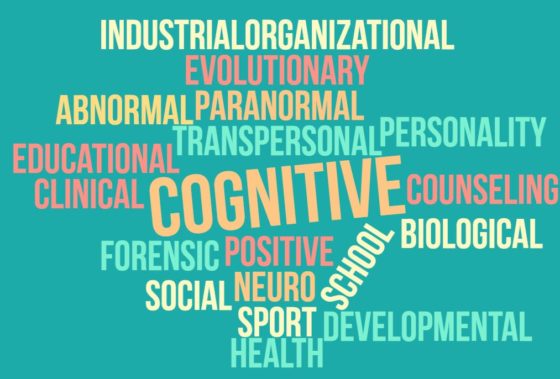
After reading all of these options you may feel lost, which is completely normal! That said, you are not alone and your professors and advisors can be a great resource in guiding you towards your next steps. Reach out to your advisors if you are struggling with where to begin or on what you can achieve during your semesters at Roanoke College. Moreover, reach out to professors that share similar interests to learn more about how they went about applying to programs, finding jobs, or for advice on what specific things you should or could be doing.
Here are current professors specialties and interests:
Dr. Allen: Psychopharmacology and abnormal psychology
Dr. Buchholz: Self, consciousness, evolutionary psychology, and moral decision making
Dr. Carter: Social and personality psychology
Dr. Cate: Cognitive and neuroscience
Dr. FVN: Developmental, social, and educational psychology
Dr. Hilton: Clinical and cognitive psychology
Dr. Nichols: Cognitive neuroscience
Dr. Osterman: Social psychology and evolutionary psychology
Dr. Powell: Developmental psychology
Dr. Wetmore: Experimental psychology and cognitive psychology
More information about specific professors’ interests can be found here!
Start drafting your Resume and cover letter, and/or your CV and purpose statement
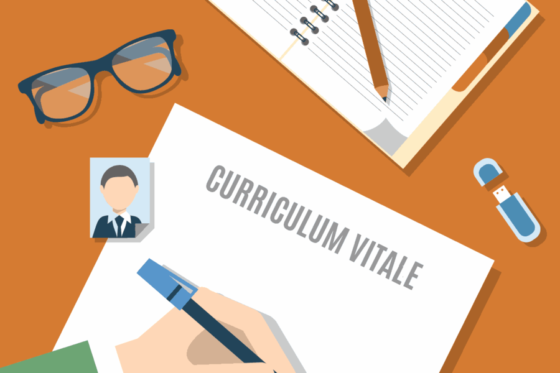
If you are interested in pursuing a career or graduate school in psychology then you want to start drafting your CV and purpose statement. On the other hand, if you are looking to go into more general work, you should have an updated resume and cover letter. Whether it be your CV or Resume, these items should be updated when major changes are made, or at least at the beginning and end of each semester, or before they are to be submitted to someone.
Cover letters and purpose statements can be made quite broad to begin with but should always be specified to match the program you are going into.
More information on how to write a CV can be found here!
Refer to the Roanoke College Psychology page for more information
You may still be feeling a bit overwhelmed on where to begin and where to go for information. While the blog will continue to share advice and information on graduate school or post-grad career information, you may also refer to the Roanoke College Psychology Page for more resources and information.

Best of luck to all of you as you continue on your journey towards becoming a psychologist and know that the fifth floor is always cheering you on and here to help (even if virtually)!
.
.
.
Get Connected!
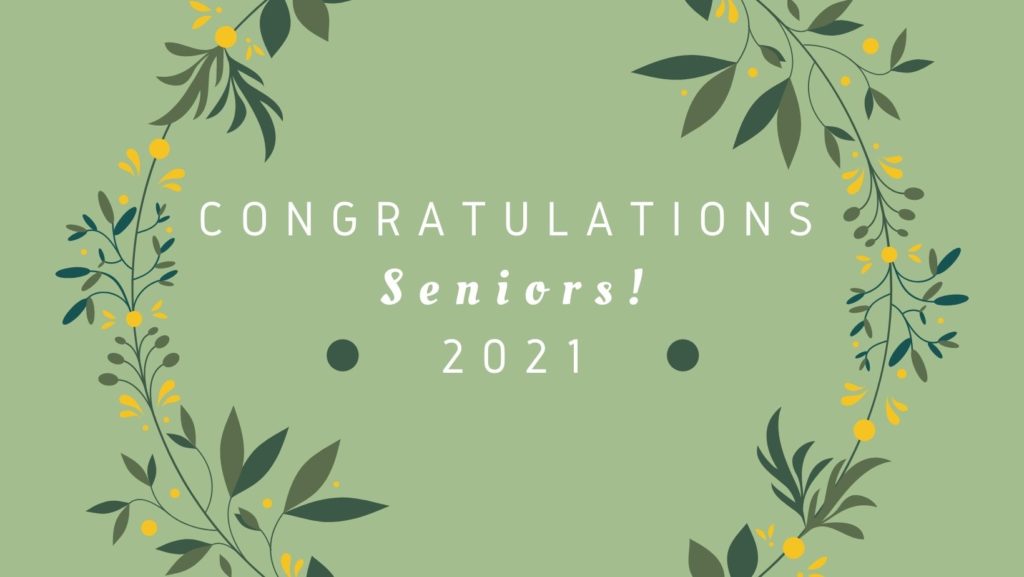
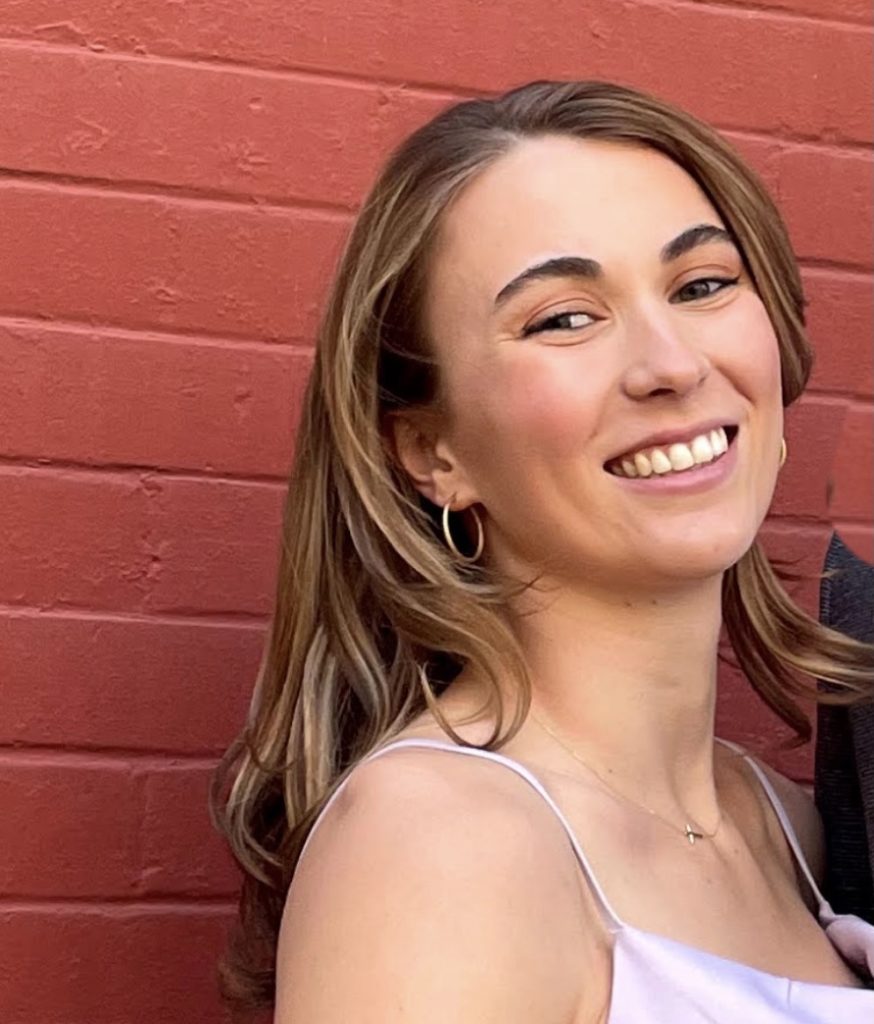
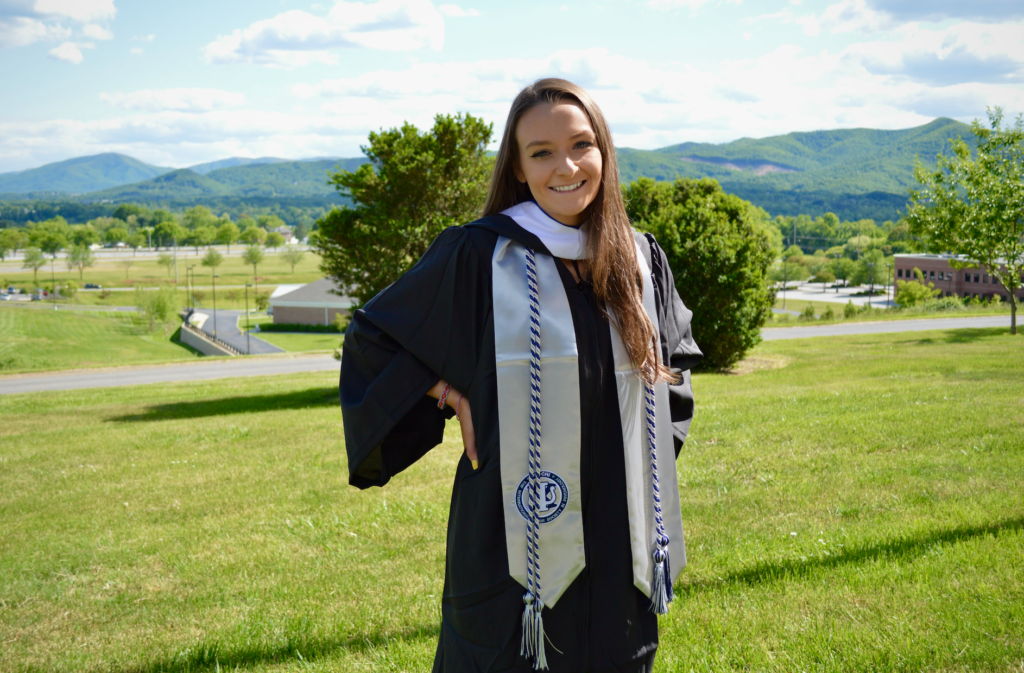
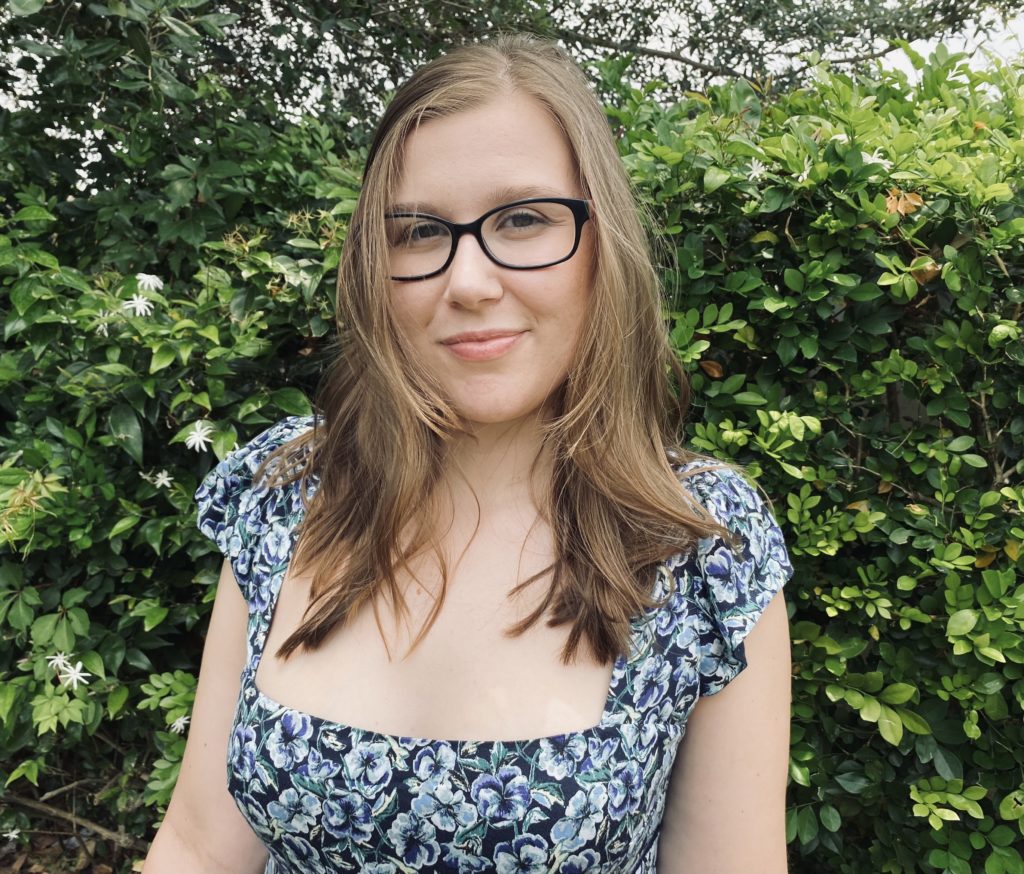
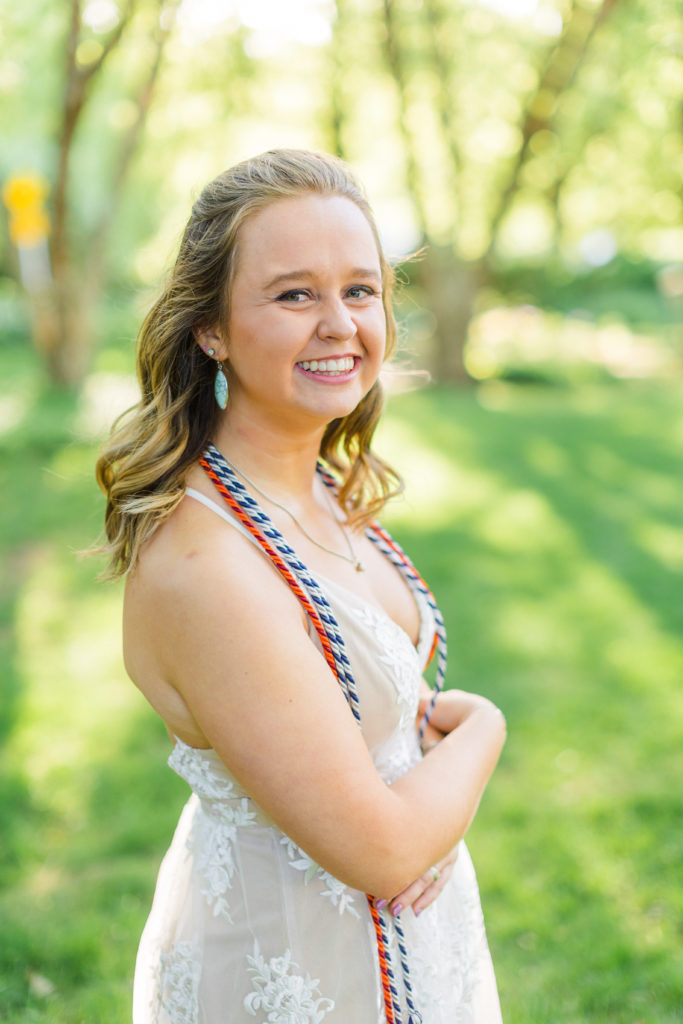
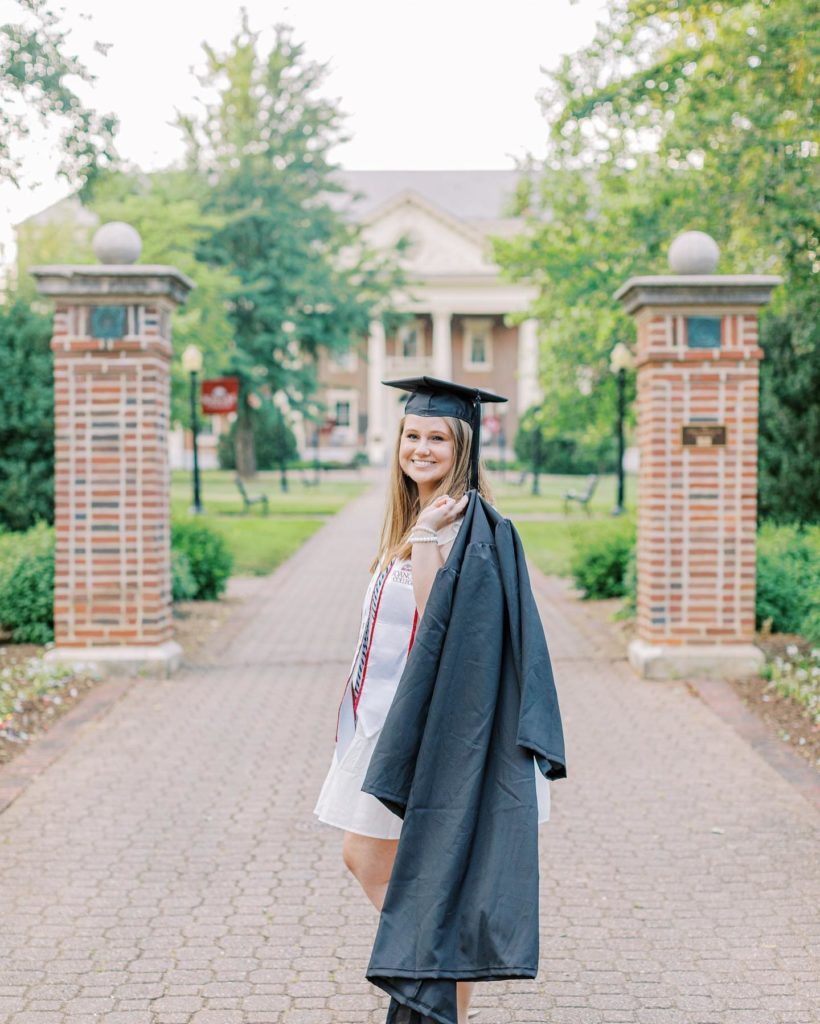
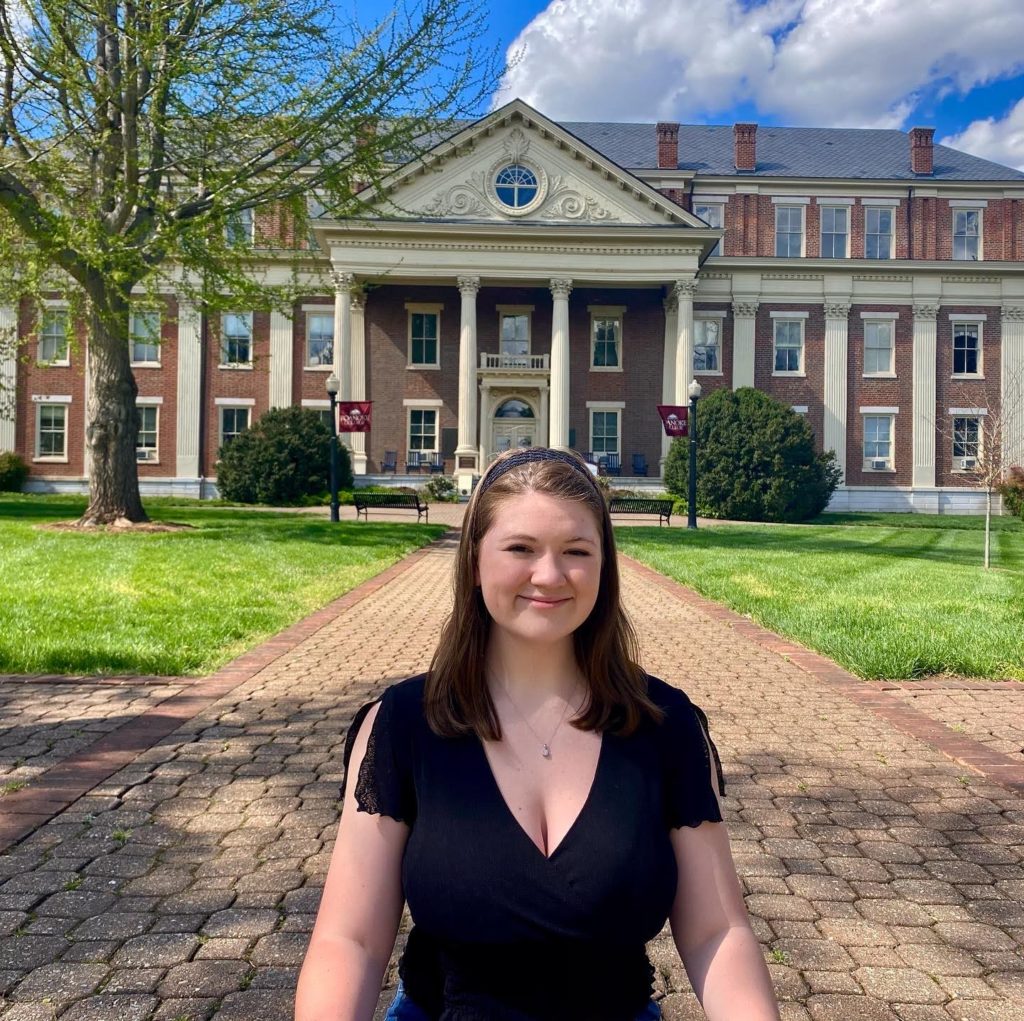
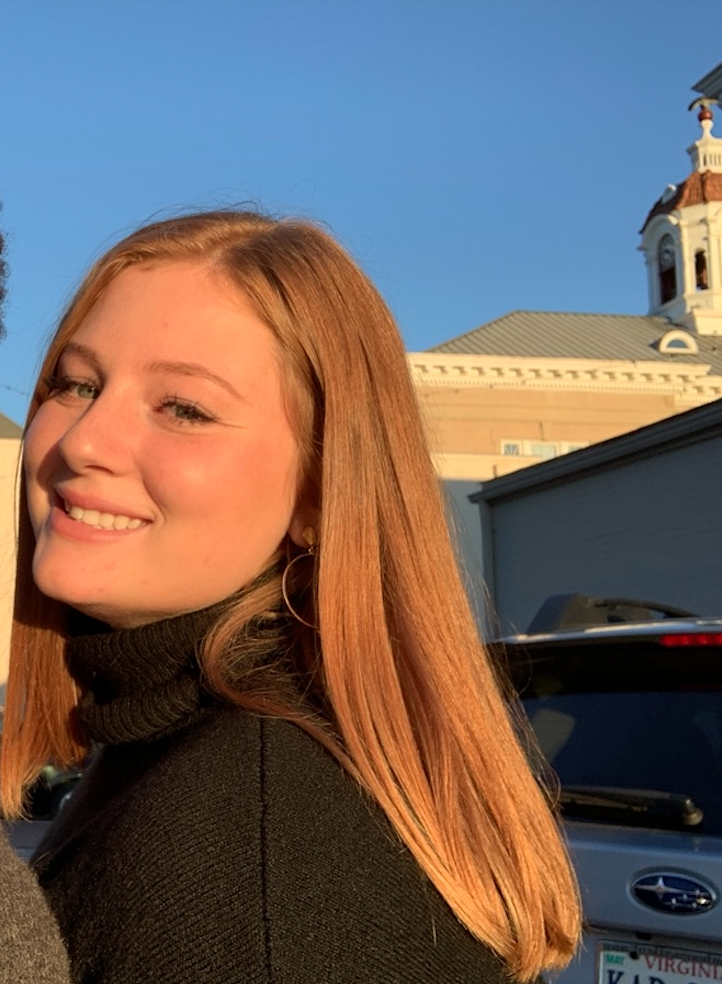
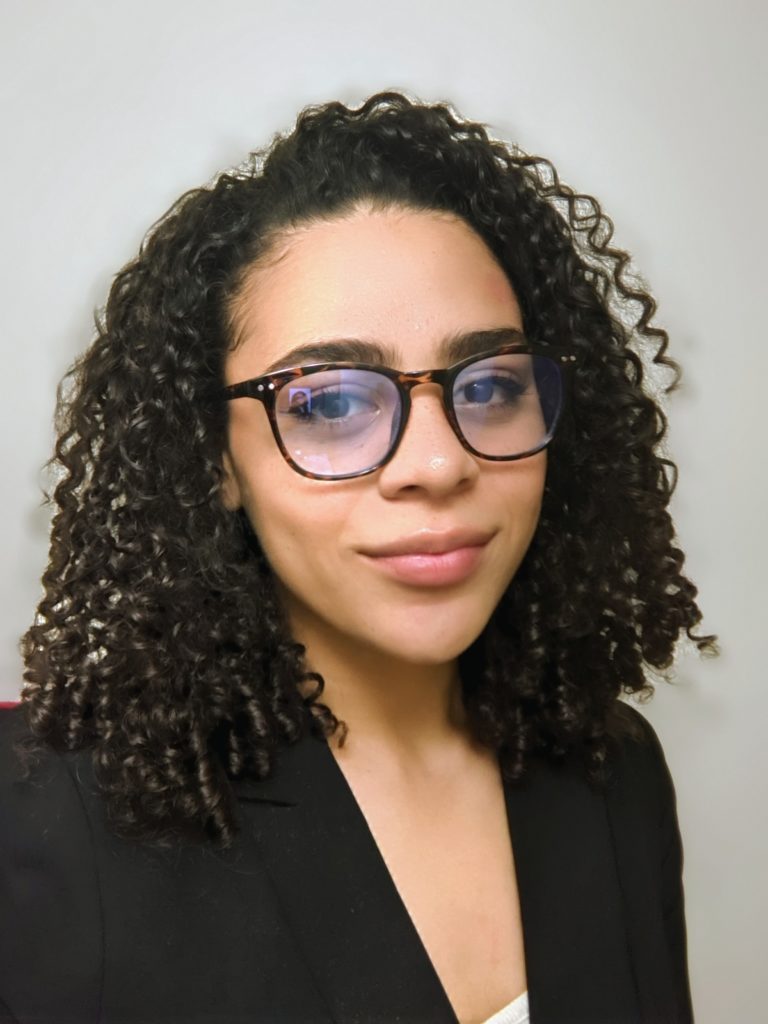
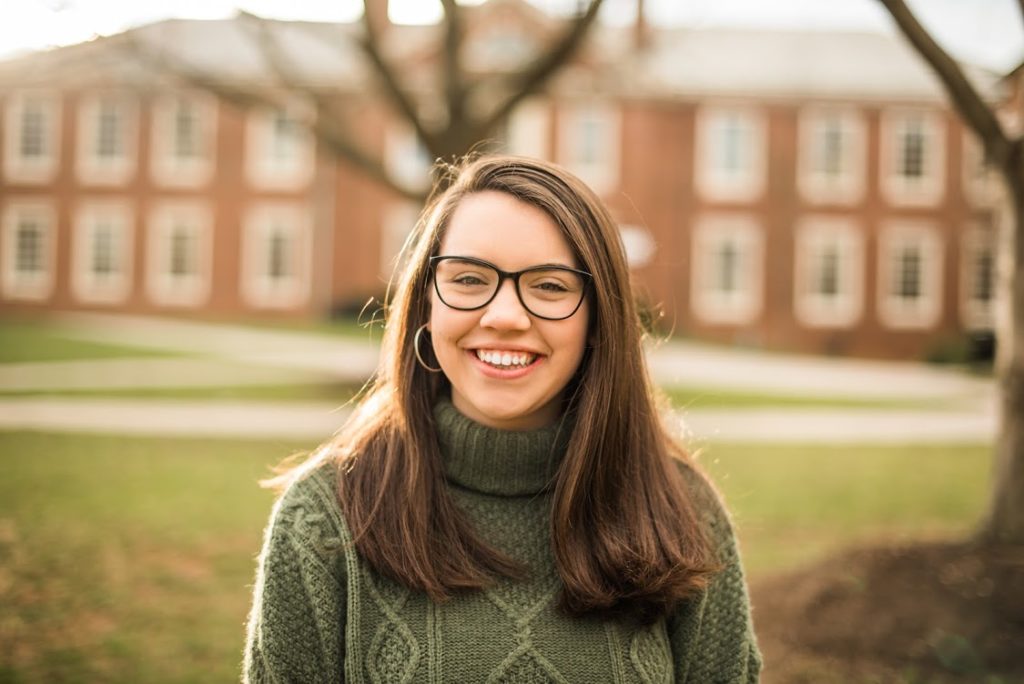
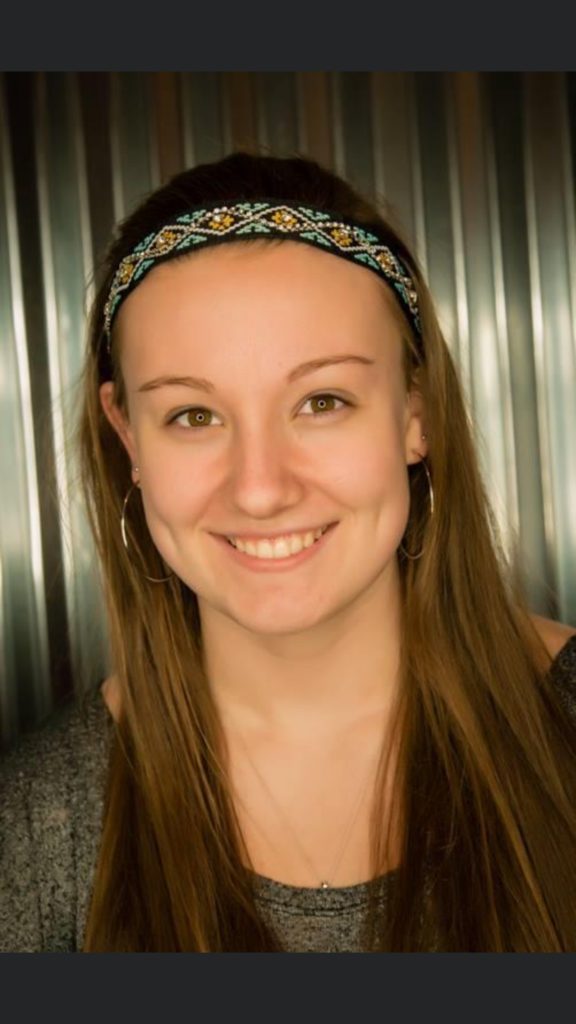
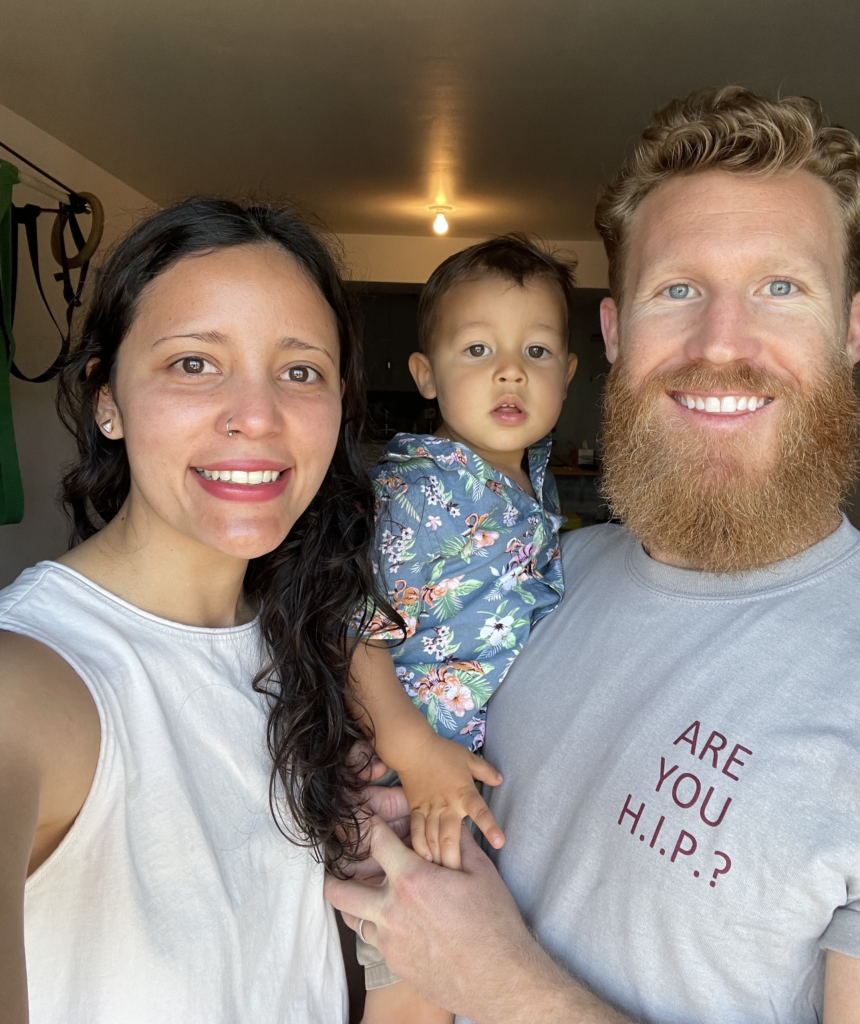
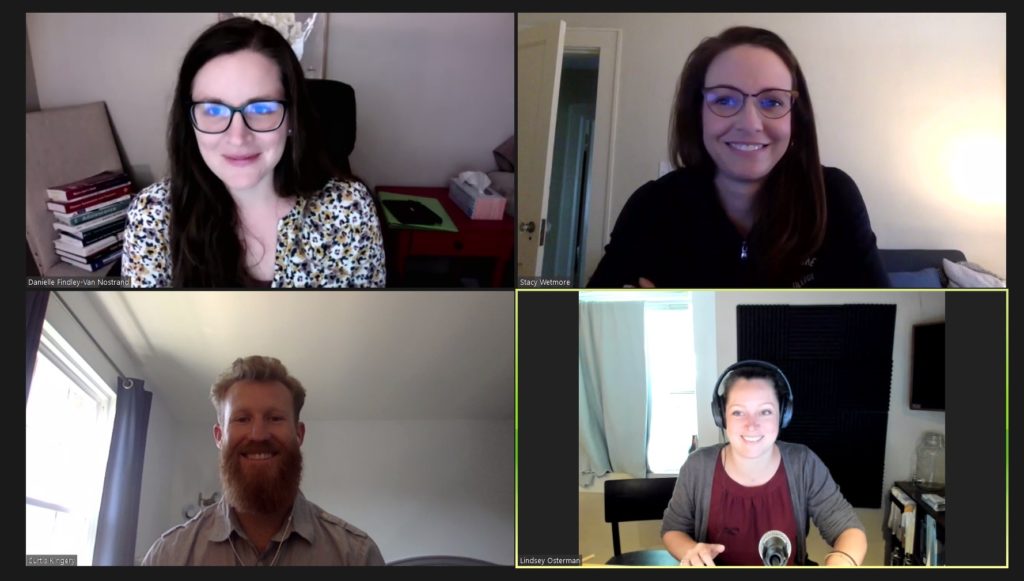
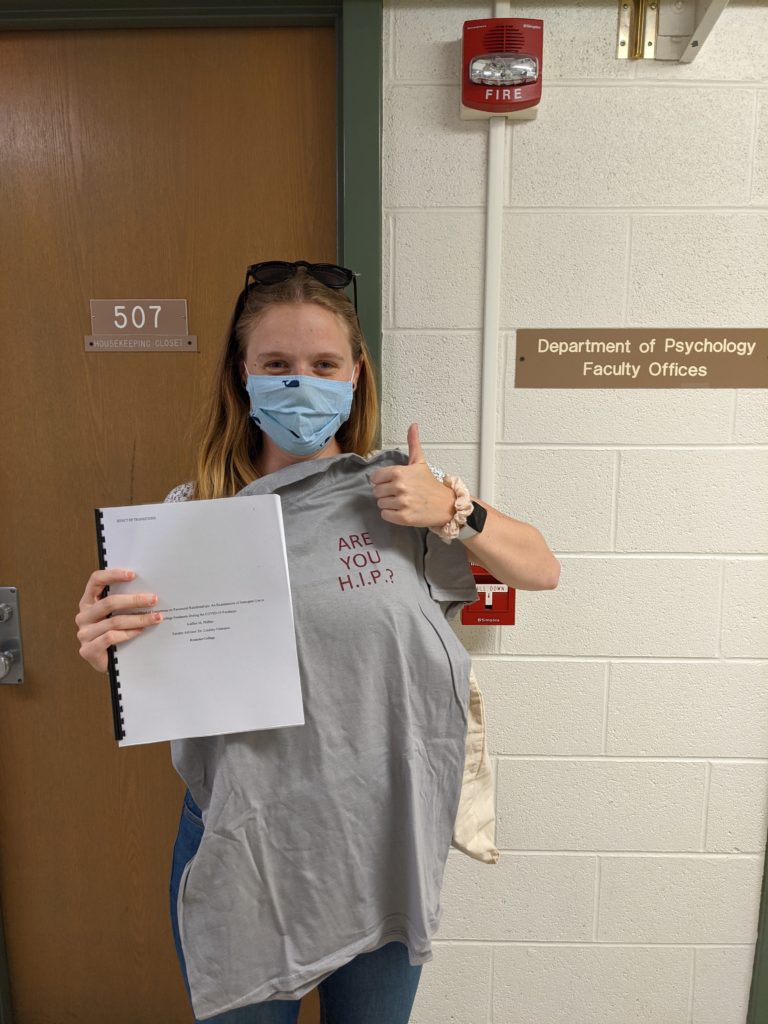
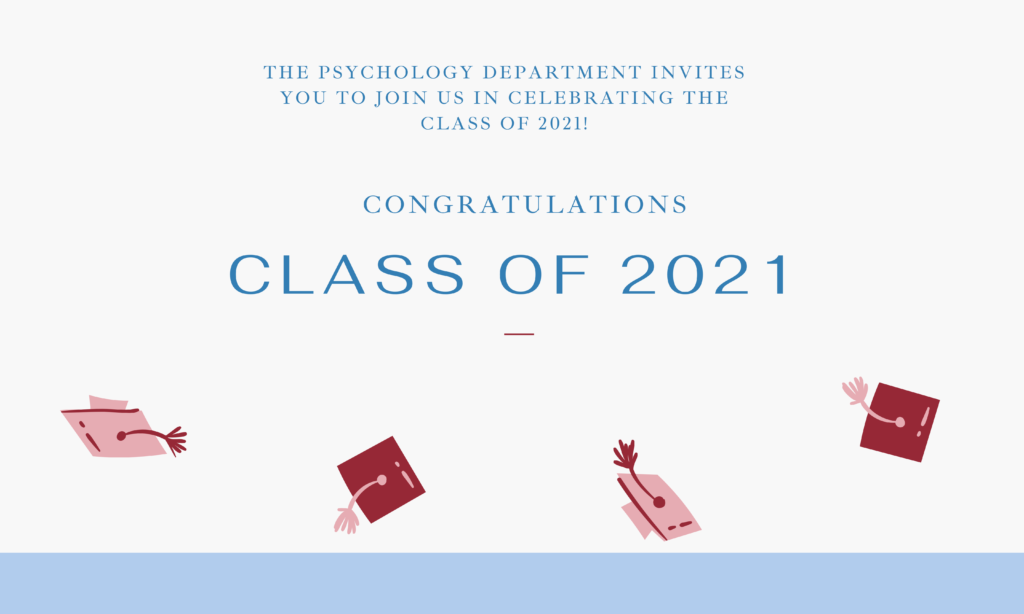
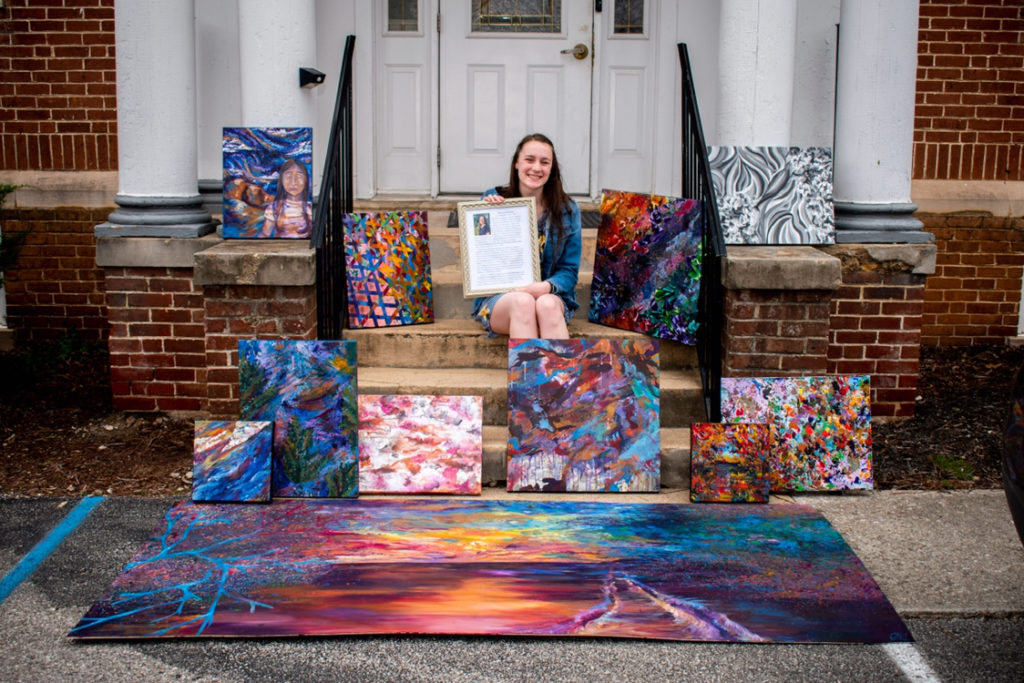
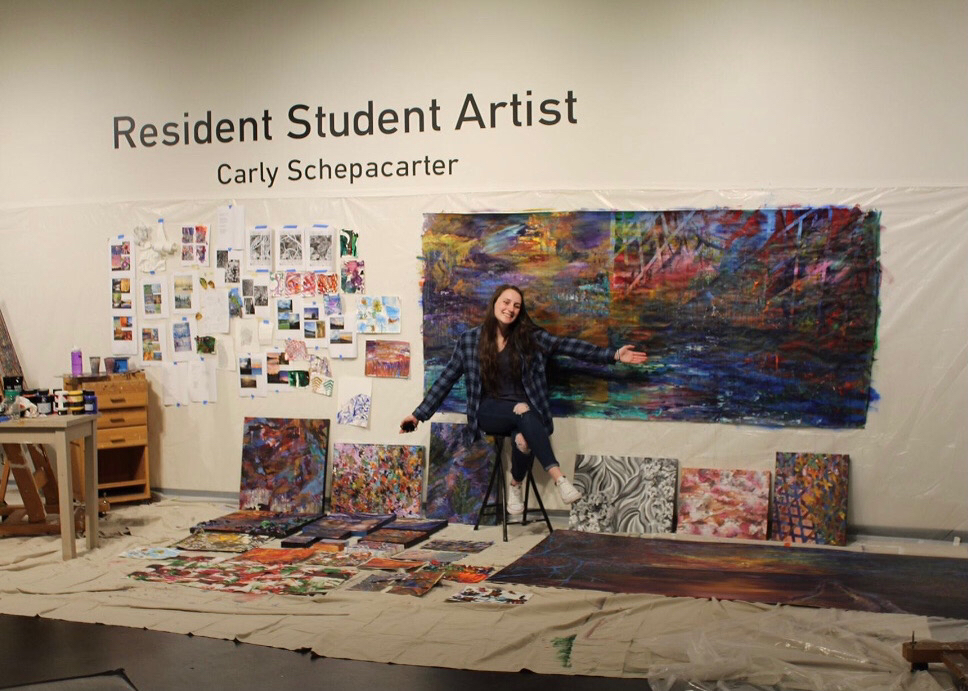
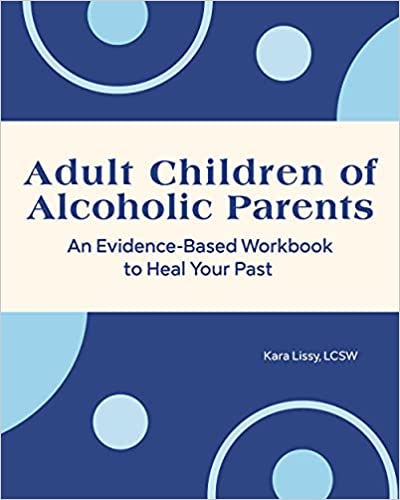

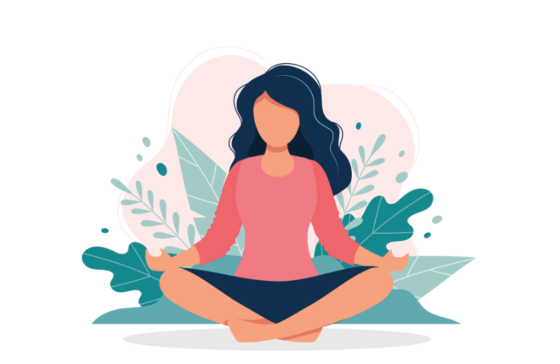
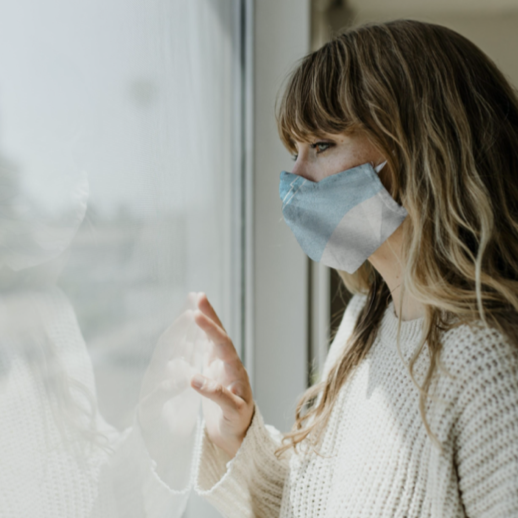

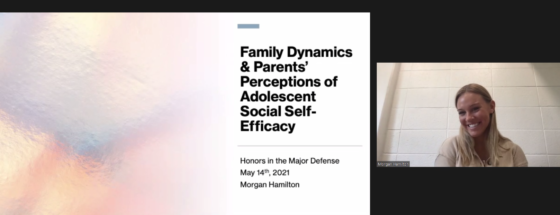
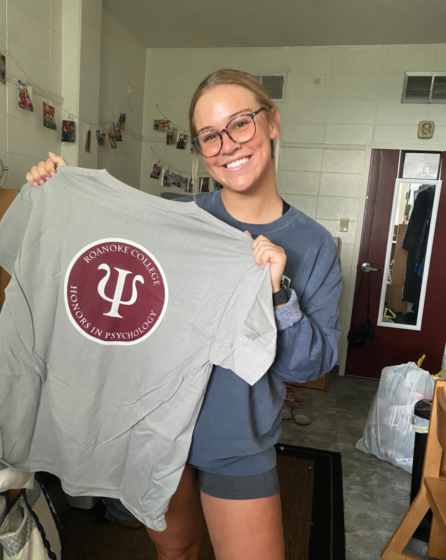
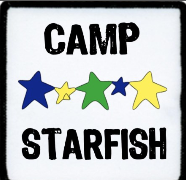
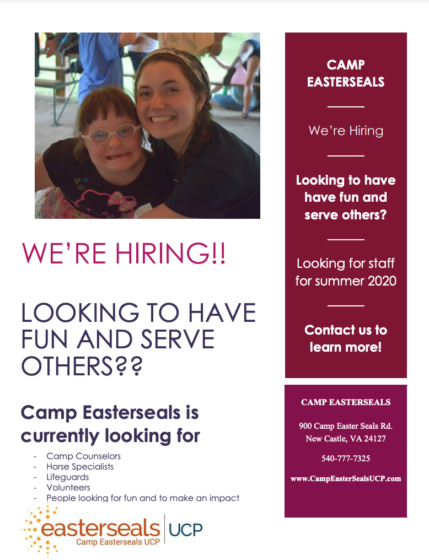 Are you looking for a summer job? How about an internship experience? Well, look no further, because Camp Easterseals is hiring summer staff!
Are you looking for a summer job? How about an internship experience? Well, look no further, because Camp Easterseals is hiring summer staff!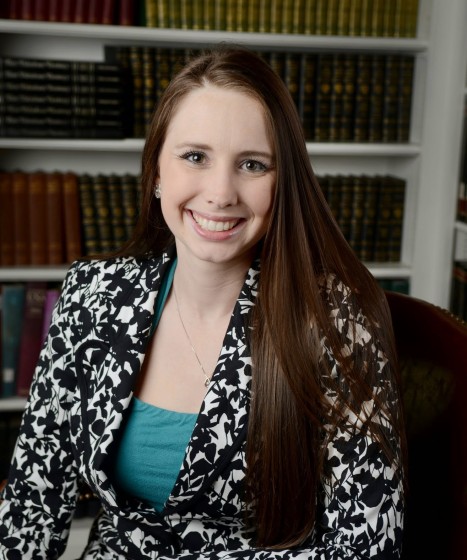


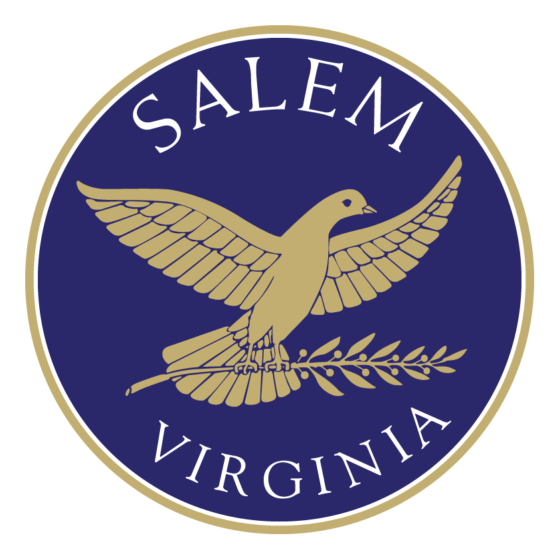 Internships are one of the main forms of experiential learning experiences offered at Roanoke College and within the psychology department. Each semester, our department sends students to work with various different organizations, across a number of fields or professions within psychology, to gain exposure to the field and to share their experiences with the department and other students on campus.
Internships are one of the main forms of experiential learning experiences offered at Roanoke College and within the psychology department. Each semester, our department sends students to work with various different organizations, across a number of fields or professions within psychology, to gain exposure to the field and to share their experiences with the department and other students on campus.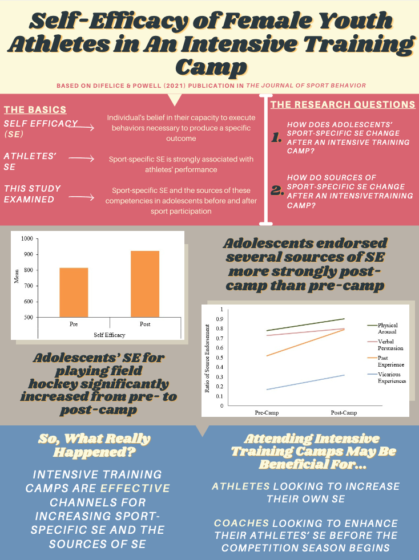
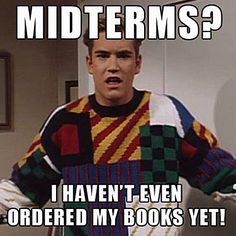

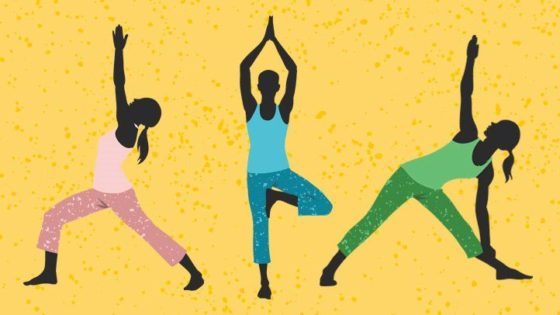

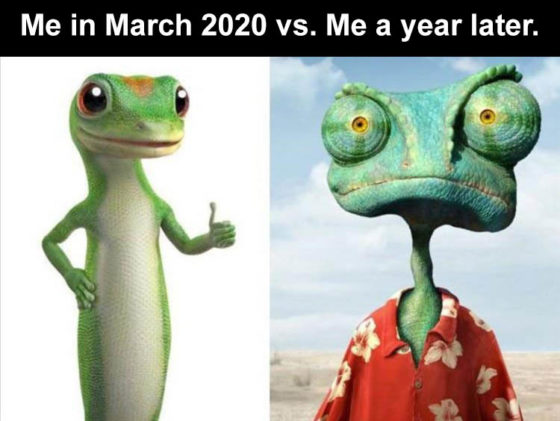
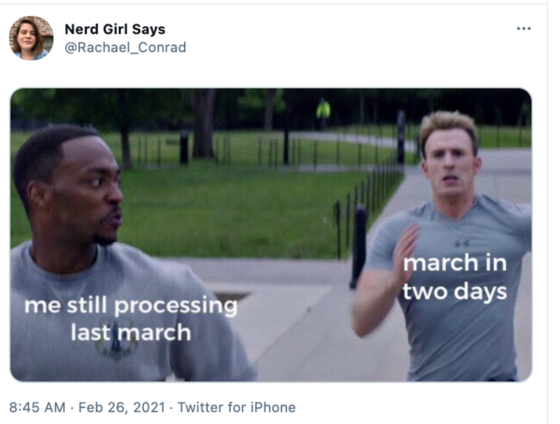
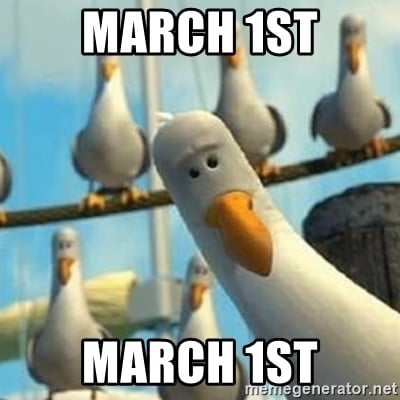

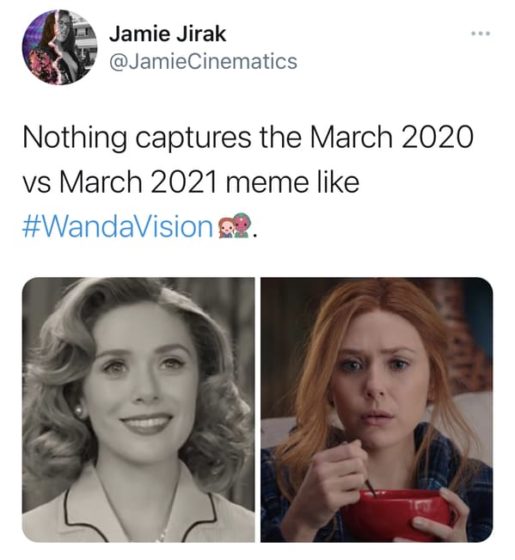
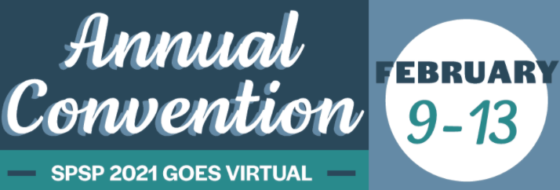
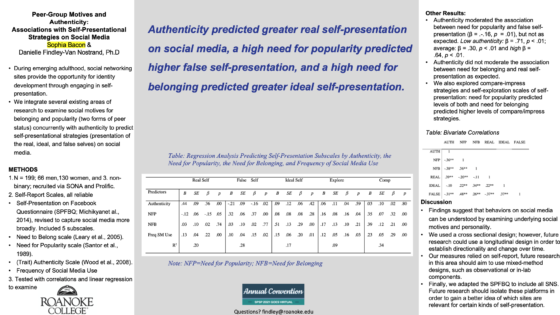 Research has shown that social networking platforms (Instagam, Facebook, Snap Chat, ect) afford the opportunity for identity development, specifically through engaging in different types of self-presentation. In this study, we examined the association between social goals (including, authenticity, the need for popularity, and need for belonging) and presentation of the real, ideal, and false self on social media.
Research has shown that social networking platforms (Instagam, Facebook, Snap Chat, ect) afford the opportunity for identity development, specifically through engaging in different types of self-presentation. In this study, we examined the association between social goals (including, authenticity, the need for popularity, and need for belonging) and presentation of the real, ideal, and false self on social media.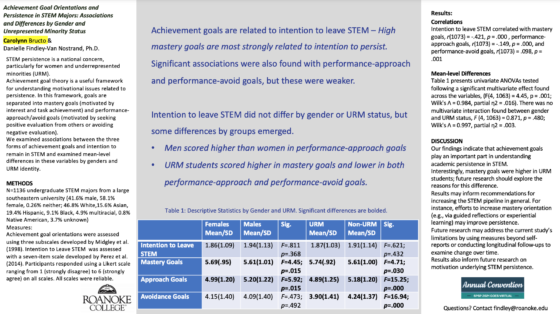 In this study, we examined achievement goal orientations (mastery, performance-approach, and performance-avoidance) in association with intention to remain in STEM majors and differences in these variables and associations by gender and unrepresented minority status in a large sample of undergraduate students. Results suggest achievement goals are meaningfully related to STEM persistence.
In this study, we examined achievement goal orientations (mastery, performance-approach, and performance-avoidance) in association with intention to remain in STEM majors and differences in these variables and associations by gender and unrepresented minority status in a large sample of undergraduate students. Results suggest achievement goals are meaningfully related to STEM persistence.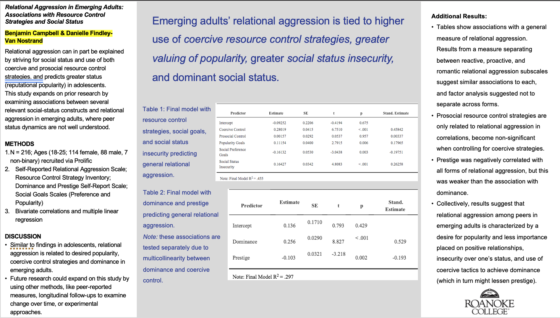
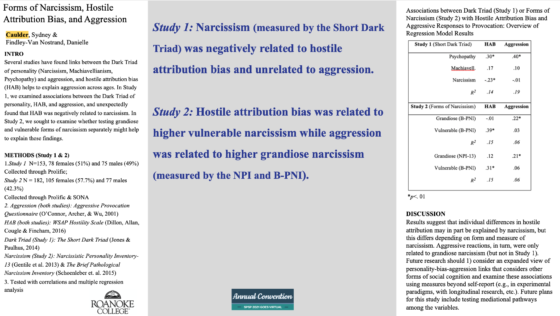 Research has found that narcissism predicts heightened provoked aggression and hostility. However, less understood is the role of hostile attribution bias (HAB) in these associations. In this study, we examined multiple conceptualizations of narcissism (grandiose and pathological) in relation to HAB and aggressive responses to provocation.
Research has found that narcissism predicts heightened provoked aggression and hostility. However, less understood is the role of hostile attribution bias (HAB) in these associations. In this study, we examined multiple conceptualizations of narcissism (grandiose and pathological) in relation to HAB and aggressive responses to provocation.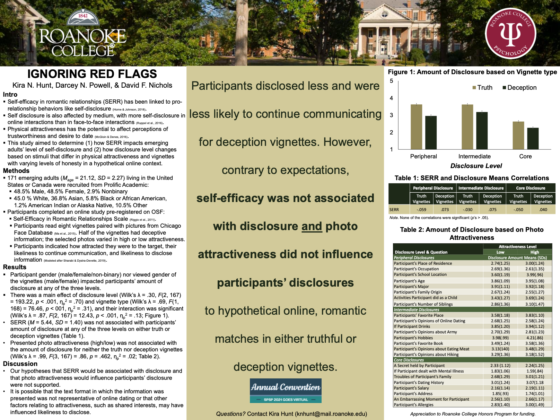
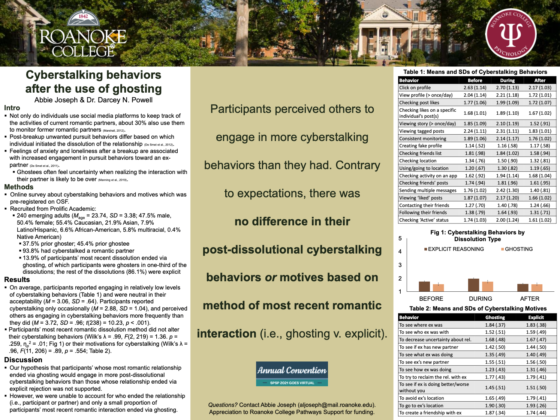
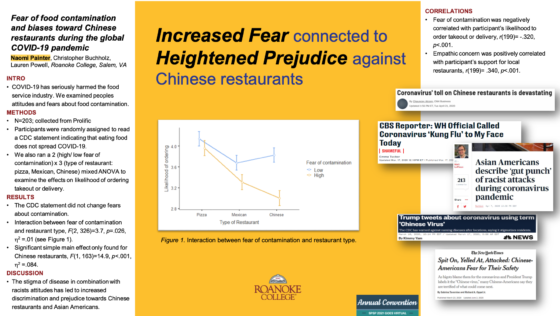
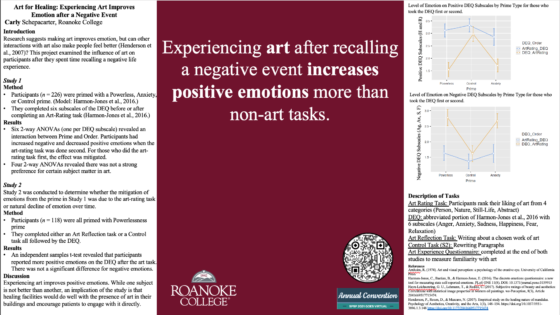
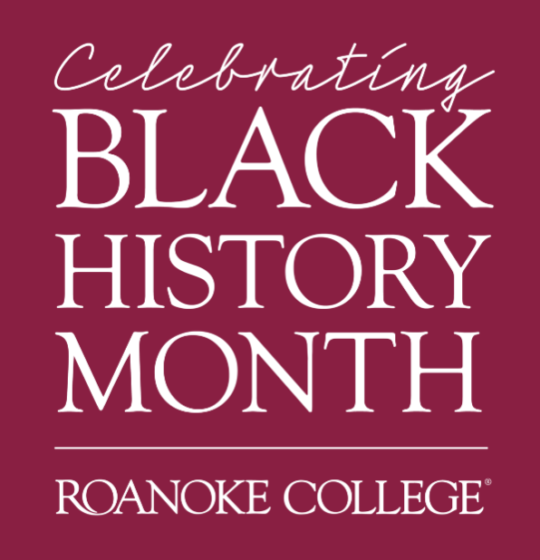 We dedicate every February to Black History Month. A month that celebrates the incredible achievements of African Americans and highlights and recognizes their central role in U.S. history. Roanoke College is celebrating Black History Month through a series of events, of which more information is provided below.
We dedicate every February to Black History Month. A month that celebrates the incredible achievements of African Americans and highlights and recognizes their central role in U.S. history. Roanoke College is celebrating Black History Month through a series of events, of which more information is provided below.
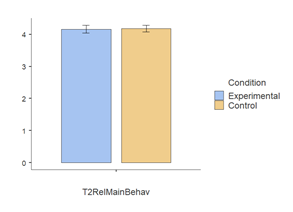
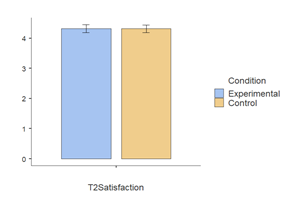
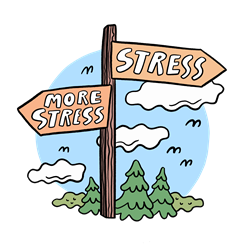
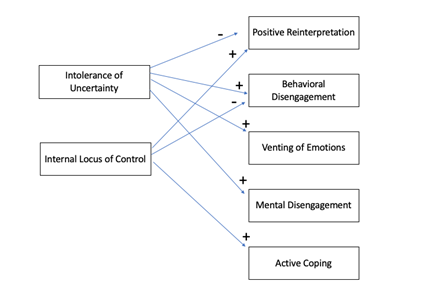
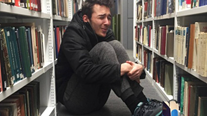
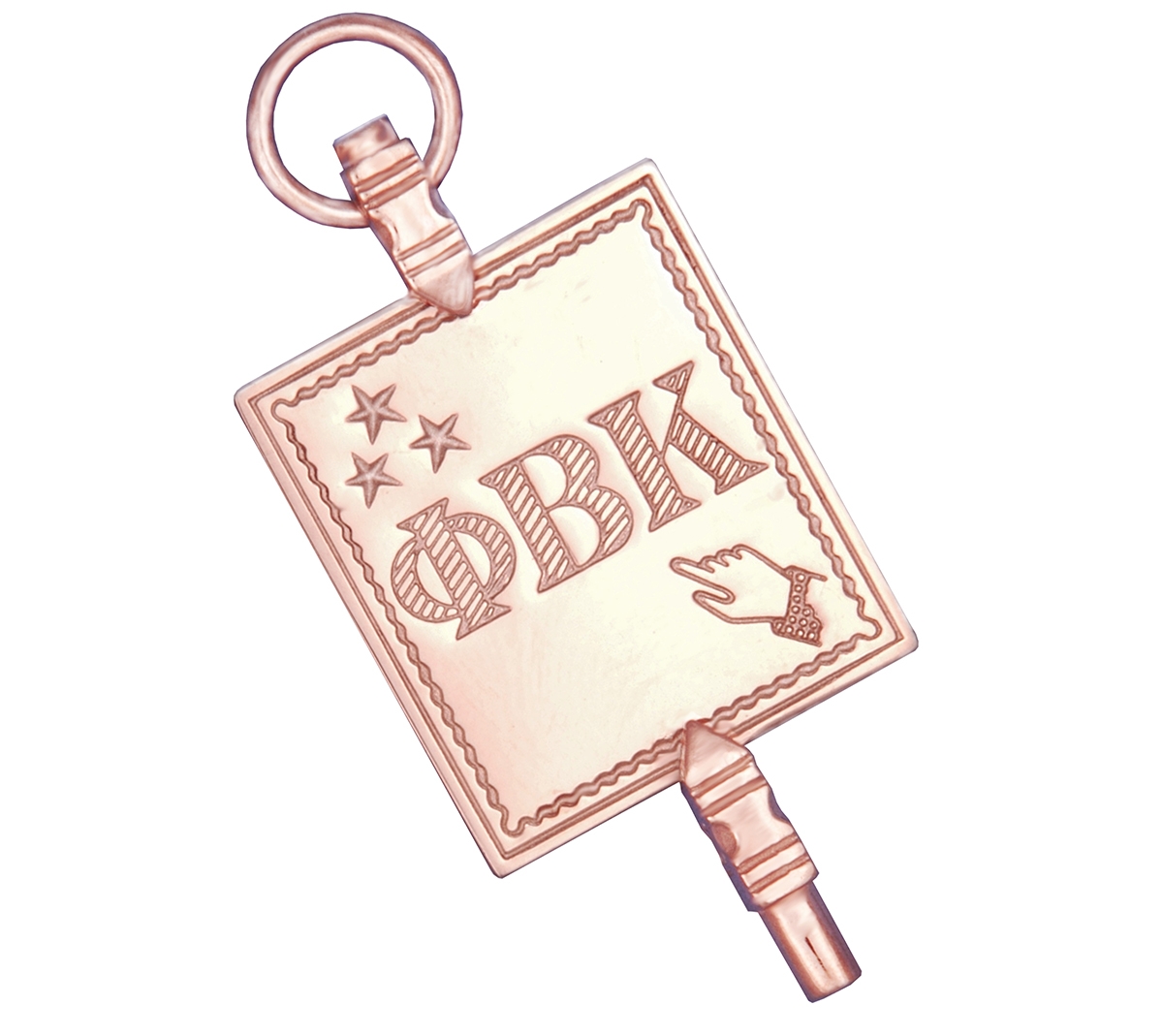
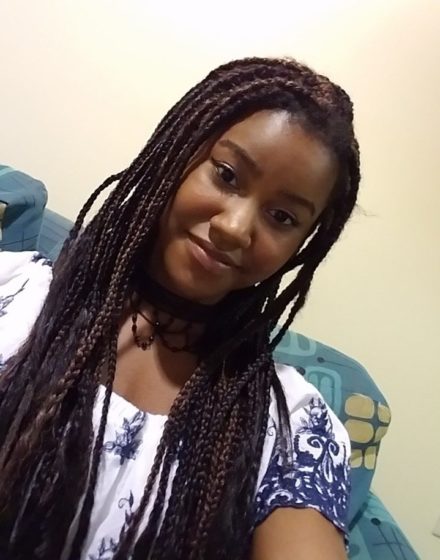 I am a senior psychology major with a concentration in neuroscience and a minor in sociology. I was really ecstatic to hear that I was selected because I had been working towards this since hearing about it in my freshman year. While at Roanoke, I’ve been a student assistant in the psychology department as well as an academic coach in the Center for Learning and Teaching. I am also a member of Alpha Lambda Delta and Psi Chi. In addition, I have also participated in research in Dr. Powell’s lab as well as with Dr. Nichols, which is one of the things I am most proud of. I haven’t finished my Honors Distinction Project yet but I’m really proud of the progress I have made on it. After graduation, I plan on being in Teach for America while I prepare to go to graduate school to become a Certified Child Life Specialist.
I am a senior psychology major with a concentration in neuroscience and a minor in sociology. I was really ecstatic to hear that I was selected because I had been working towards this since hearing about it in my freshman year. While at Roanoke, I’ve been a student assistant in the psychology department as well as an academic coach in the Center for Learning and Teaching. I am also a member of Alpha Lambda Delta and Psi Chi. In addition, I have also participated in research in Dr. Powell’s lab as well as with Dr. Nichols, which is one of the things I am most proud of. I haven’t finished my Honors Distinction Project yet but I’m really proud of the progress I have made on it. After graduation, I plan on being in Teach for America while I prepare to go to graduate school to become a Certified Child Life Specialist.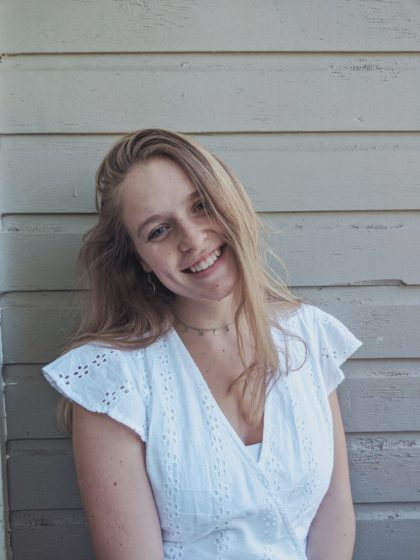 I am a senior psychology and criminal justice double major. I received a voicemail from Dr. Peppers letting me know that I was selected for membership into PBK and I was ecstatic! I have been working towards membership into PBK since freshman year and I was so pleased that my hard work had finally paid off. While at Roanoke I have been involved in many things – from running on the Track and Field team, singing in the Roanotes acapella group, co-hosting a radio show, working as the campus activities director and creating fundraising events for Make-A-Wish in Chi Omega, working as the trip supervisor and guide with Outdoor Adventures, working as a student assistant in the psychology department, conducting research with Dr. Osterman, leading Psi Chi, NSLS, and Alpha Lambda Delta as president, as well as also being a member in Alpha Phi Sigma, Xi Theta Chi, Order of Omega, and Omicron Delta Kappa. It’s safe to say my time at Roanoke College has been far from boring. That all being said, my biggest accomplishments, besides being selected into PBK, are definitely presenting at the SPSP conference in New Orleans last spring, having the opportunity to ask Justice Sotomayor a question during her Zoom visit with Roanoke College, and working towards completing my honor in the major project. Upon graduating from Roanoke, I intend to enter into a Clinical Psychology Ph.D. program and eventually become a forensic psychologist for juveniles.
I am a senior psychology and criminal justice double major. I received a voicemail from Dr. Peppers letting me know that I was selected for membership into PBK and I was ecstatic! I have been working towards membership into PBK since freshman year and I was so pleased that my hard work had finally paid off. While at Roanoke I have been involved in many things – from running on the Track and Field team, singing in the Roanotes acapella group, co-hosting a radio show, working as the campus activities director and creating fundraising events for Make-A-Wish in Chi Omega, working as the trip supervisor and guide with Outdoor Adventures, working as a student assistant in the psychology department, conducting research with Dr. Osterman, leading Psi Chi, NSLS, and Alpha Lambda Delta as president, as well as also being a member in Alpha Phi Sigma, Xi Theta Chi, Order of Omega, and Omicron Delta Kappa. It’s safe to say my time at Roanoke College has been far from boring. That all being said, my biggest accomplishments, besides being selected into PBK, are definitely presenting at the SPSP conference in New Orleans last spring, having the opportunity to ask Justice Sotomayor a question during her Zoom visit with Roanoke College, and working towards completing my honor in the major project. Upon graduating from Roanoke, I intend to enter into a Clinical Psychology Ph.D. program and eventually become a forensic psychologist for juveniles.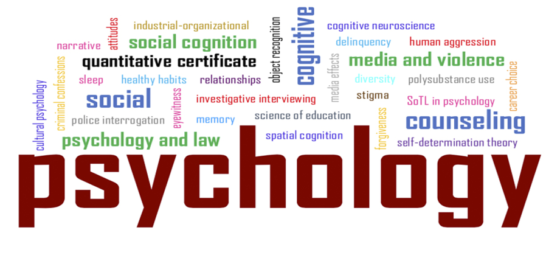
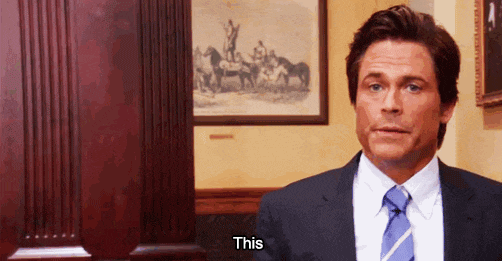


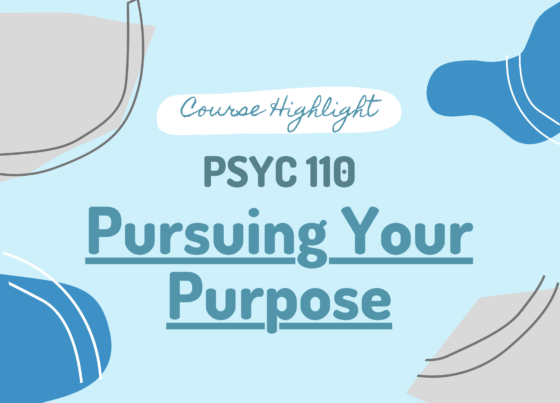

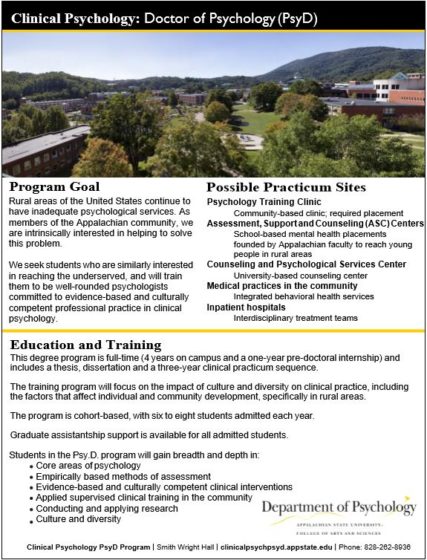
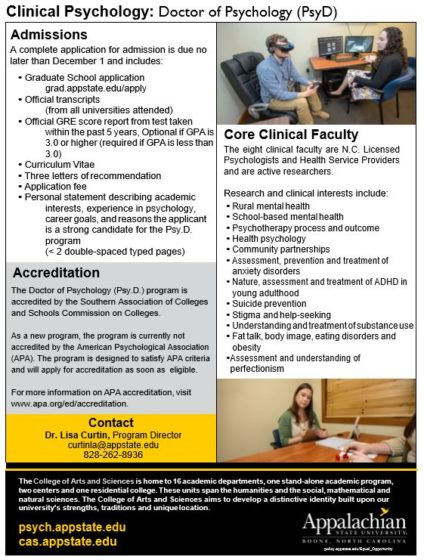
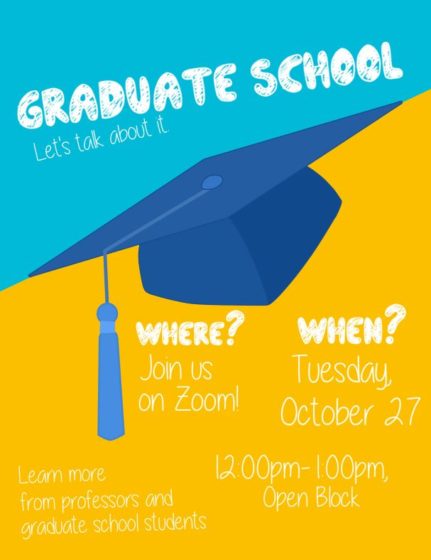
 You do not need to have your future plans set in stone at any point during your college career, but it may be good to start considering different options and creating plans around those options. That is, look at what courses you will need to take to complete your major/minor/concentration and roughly layout when you will take them. Moreover, consider what you do and do not want to do while in college (e.g., internships, research, study abroad, etc.). This initial planning stage will help you in the long run but is not limited to those in their freshman year.
You do not need to have your future plans set in stone at any point during your college career, but it may be good to start considering different options and creating plans around those options. That is, look at what courses you will need to take to complete your major/minor/concentration and roughly layout when you will take them. Moreover, consider what you do and do not want to do while in college (e.g., internships, research, study abroad, etc.). This initial planning stage will help you in the long run but is not limited to those in their freshman year.
 If you are looking to enter into a graduate program or a specific job, look at the application requirements and deadlines early on. Even if you have no idea where you want to go or what you want to do, looking into different programs and seeing what they require of applicants is a good start. In doing so, you may find that multiple programs are expecting similar requirements such as research experience or a GRE score. In noticing these commonalities, you can adjust what you are doing to ensure you complete these items on time.
If you are looking to enter into a graduate program or a specific job, look at the application requirements and deadlines early on. Even if you have no idea where you want to go or what you want to do, looking into different programs and seeing what they require of applicants is a good start. In doing so, you may find that multiple programs are expecting similar requirements such as research experience or a GRE score. In noticing these commonalities, you can adjust what you are doing to ensure you complete these items on time.


 While studying abroad is not for everyone, it is a great experience that not only enhances cultural knowledge but leads to self-development. Studying abroad offers a lot of self-development that can be beneficial and will look notable when applying to jobs or graduate programs. There are a variety of study abroad options available, and if you plan ahead early, you can ensure that courses you take while abroad can fill requirements you may need, as well as find a semester where studying abroad works best for you.
While studying abroad is not for everyone, it is a great experience that not only enhances cultural knowledge but leads to self-development. Studying abroad offers a lot of self-development that can be beneficial and will look notable when applying to jobs or graduate programs. There are a variety of study abroad options available, and if you plan ahead early, you can ensure that courses you take while abroad can fill requirements you may need, as well as find a semester where studying abroad works best for you.

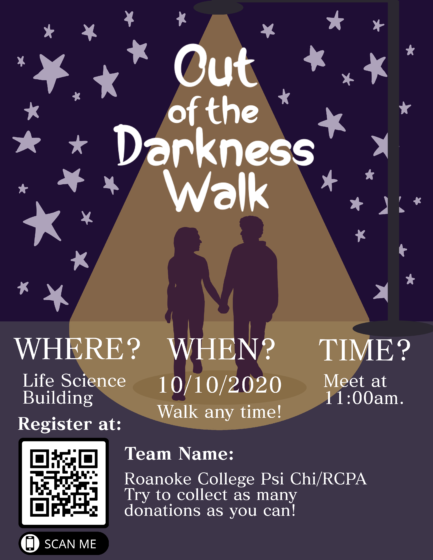 Each year, Roanoke College is proud to host the Out of the Darkness Walk for suicide prevention and mental health awareness. While much of this year looks different, Psi Chi and RCPA are proud to continue to host this event.
Each year, Roanoke College is proud to host the Out of the Darkness Walk for suicide prevention and mental health awareness. While much of this year looks different, Psi Chi and RCPA are proud to continue to host this event.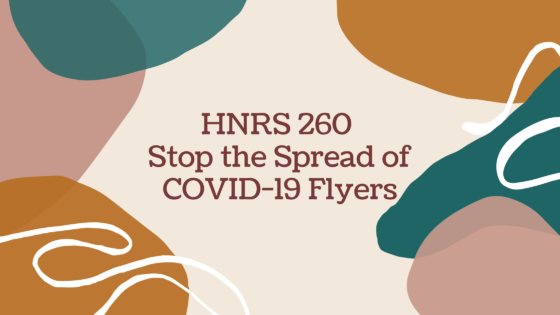
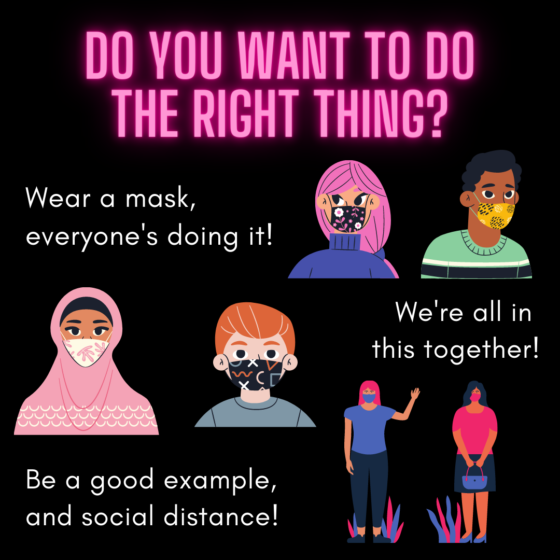
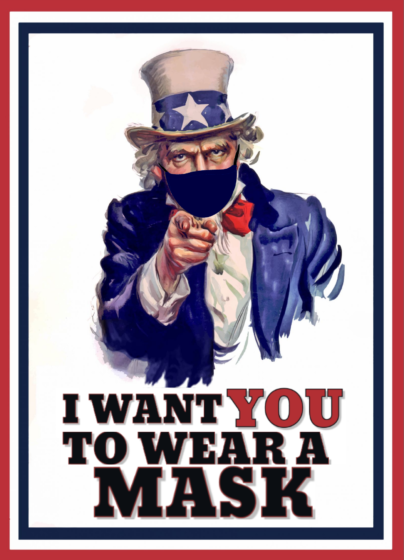
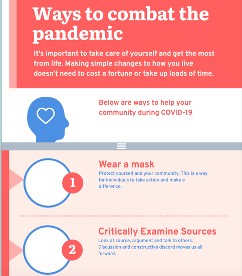
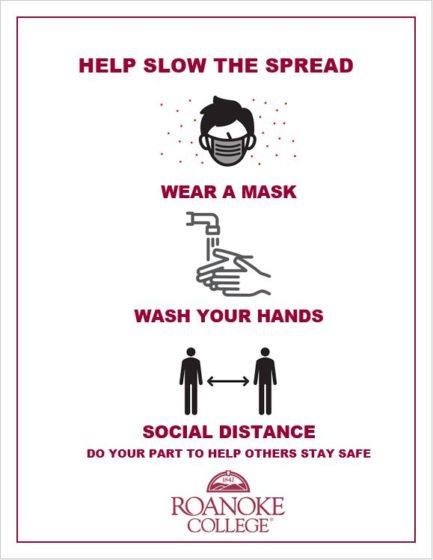
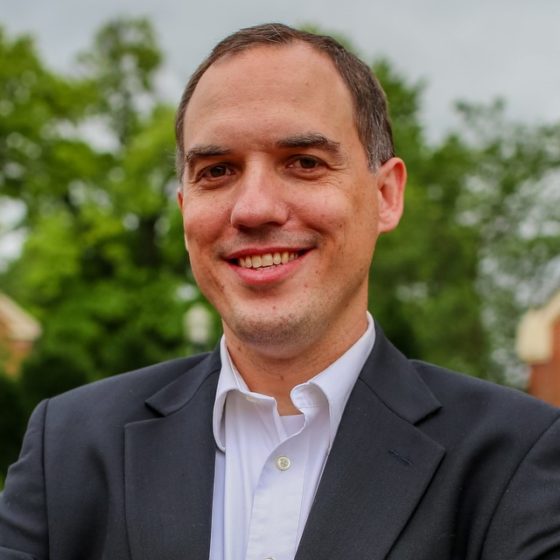

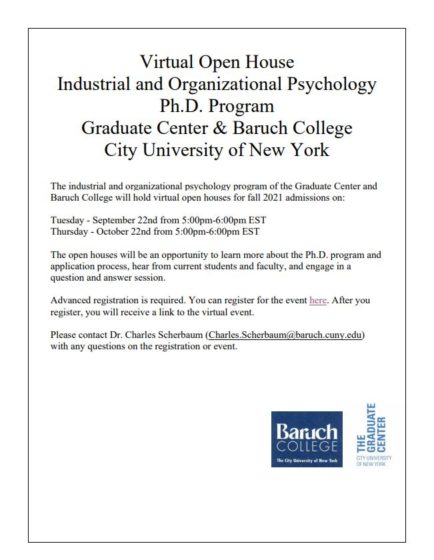
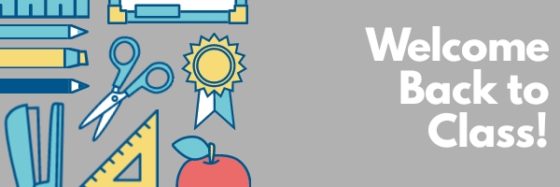

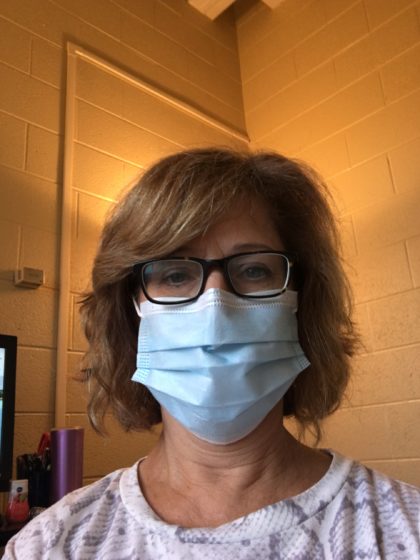
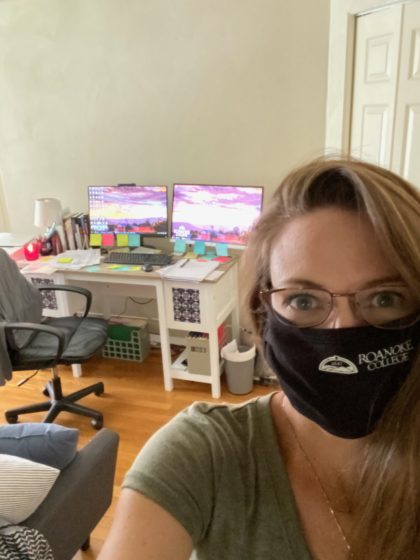
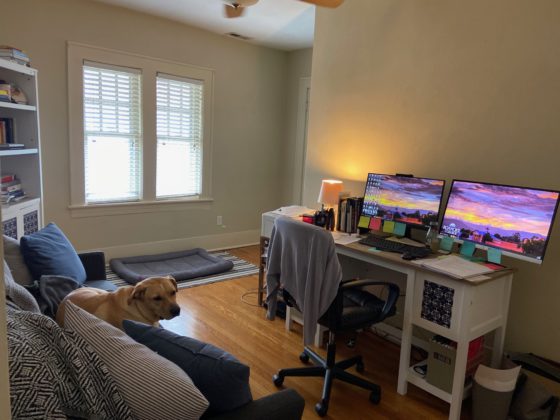
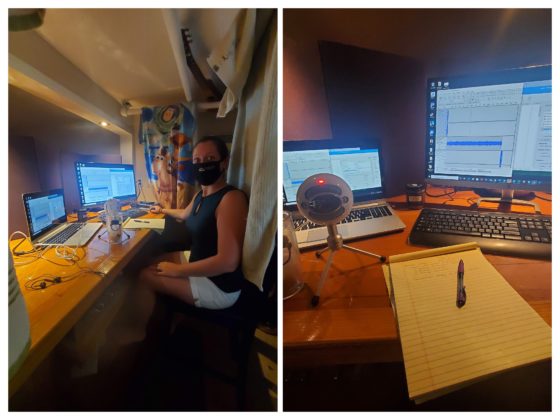
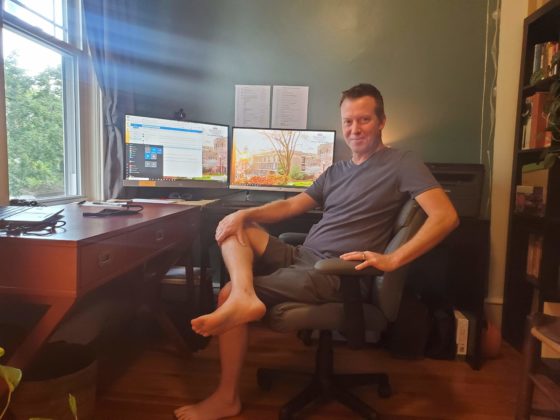
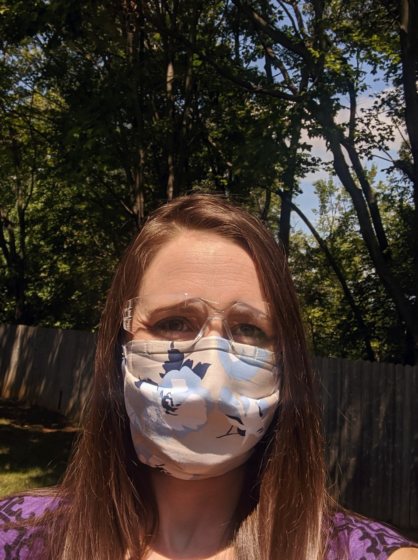
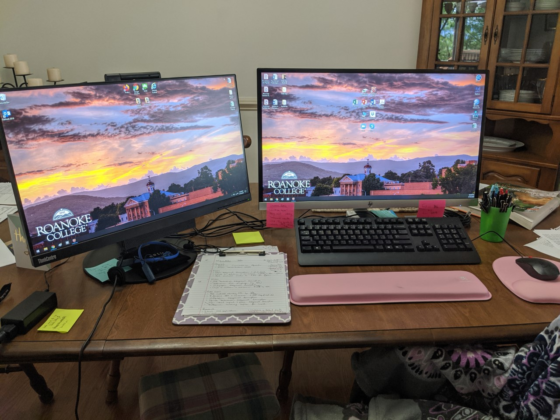
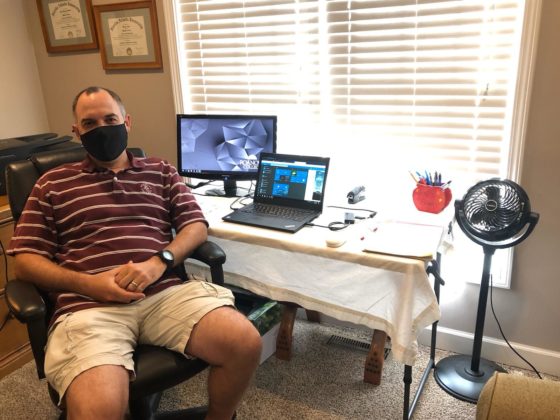
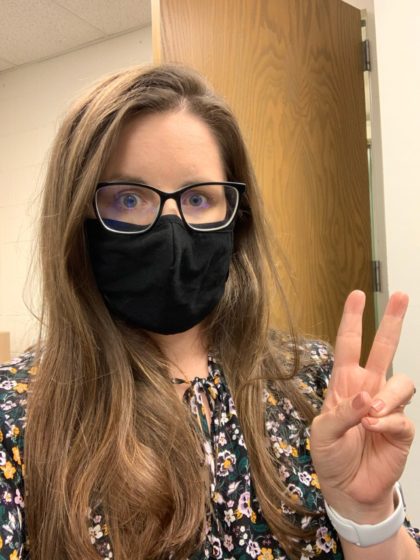
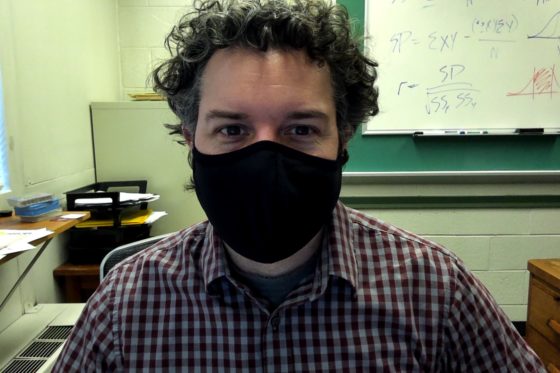
 On February 27-29
On February 27-29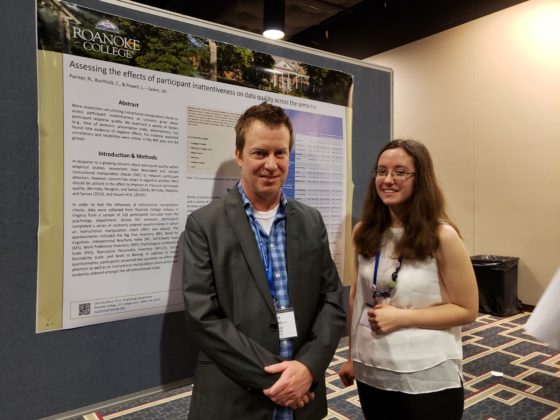
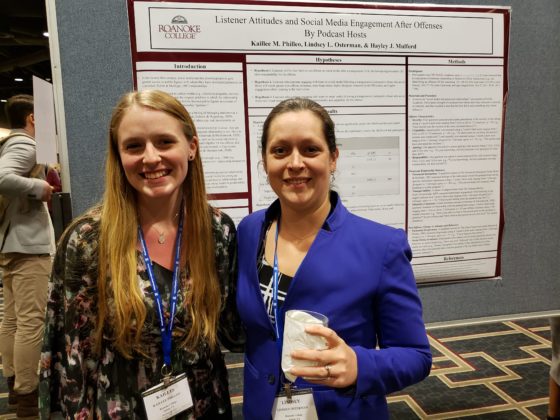
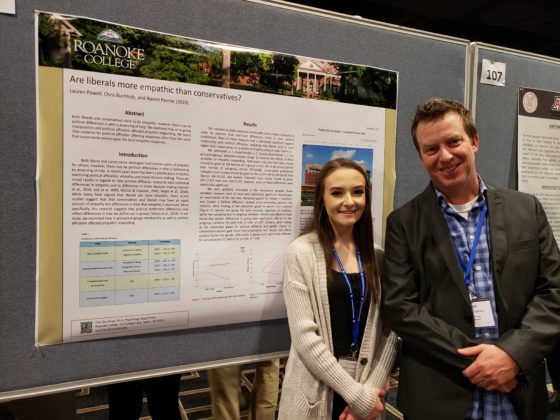
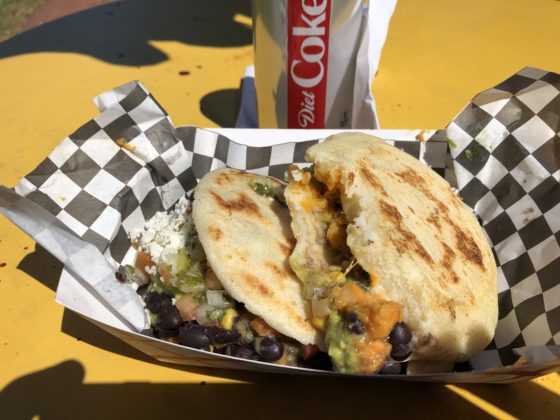
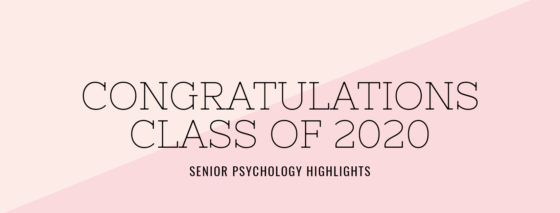 Over the next few days, we will be highlighting the Psychology Department graduating seniors! This post will highlight 4 seniors: Ryen Beach, Sophia Bacon, Athey Crump, and Emily Deeds!
Over the next few days, we will be highlighting the Psychology Department graduating seniors! This post will highlight 4 seniors: Ryen Beach, Sophia Bacon, Athey Crump, and Emily Deeds!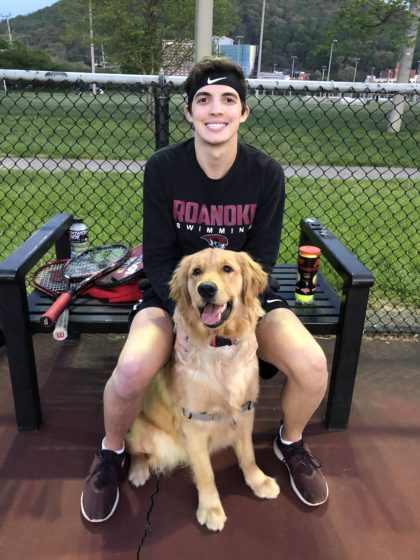
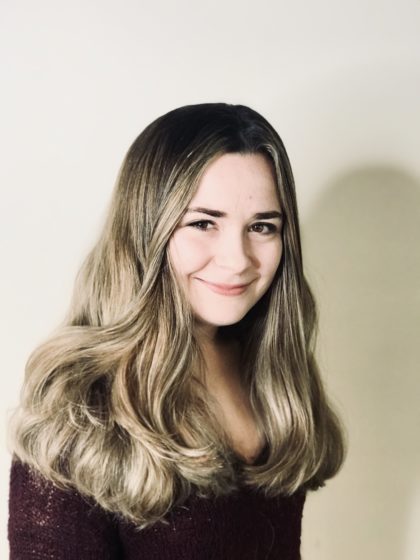
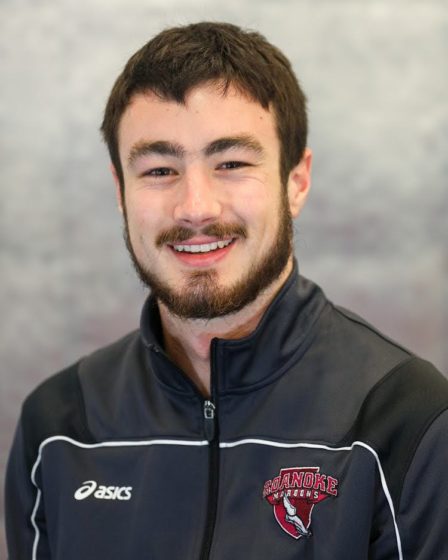
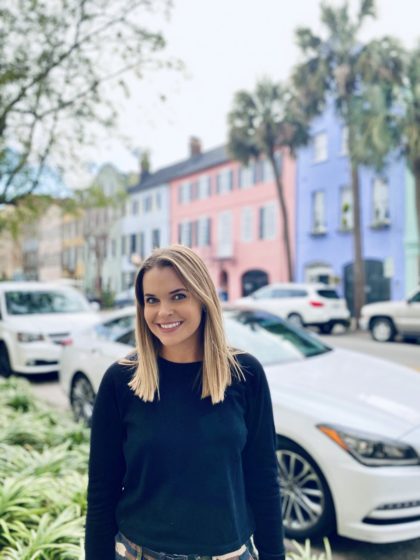
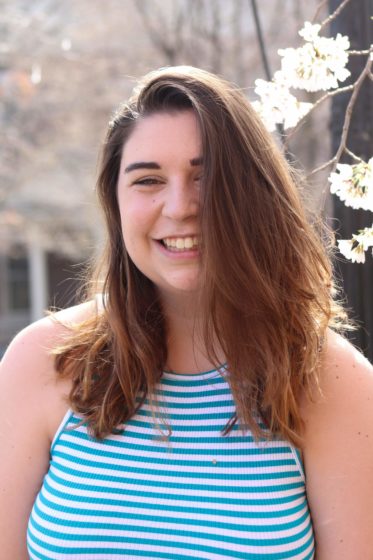
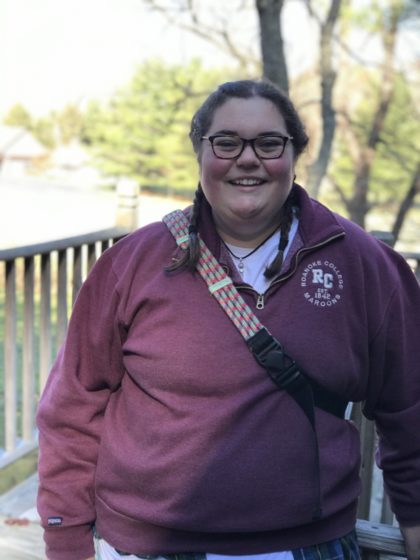
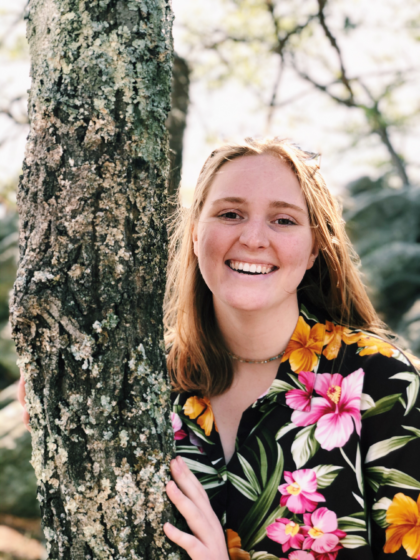
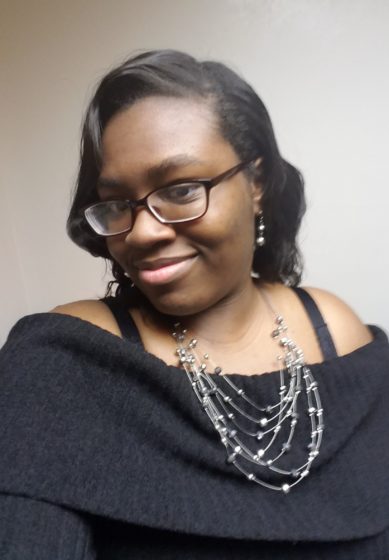
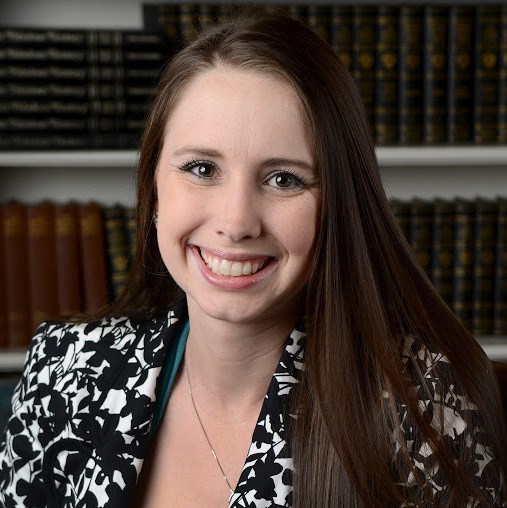 Congratulations to Dr. Powell who was recently awarded the Dean’s Exemplary Teaching Award! Each year, Roanoke College selects one recipient that they feel best showcases the aspects of this award.
Congratulations to Dr. Powell who was recently awarded the Dean’s Exemplary Teaching Award! Each year, Roanoke College selects one recipient that they feel best showcases the aspects of this award.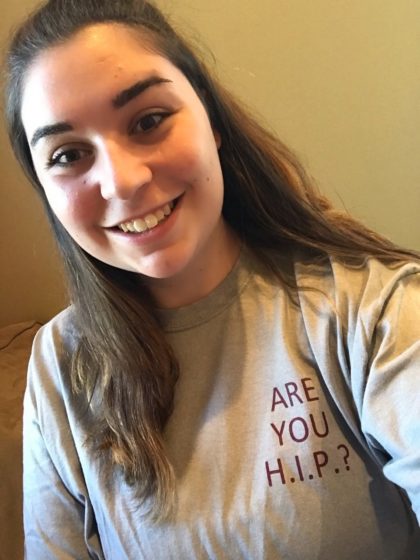
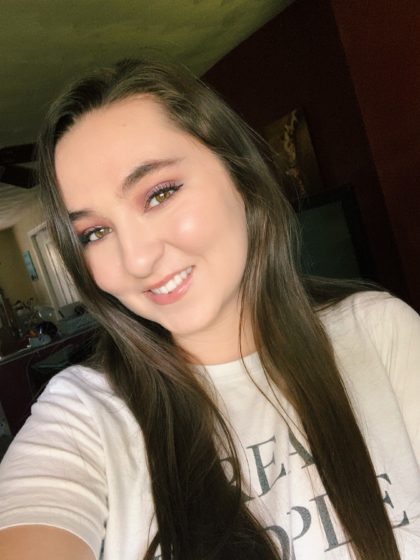
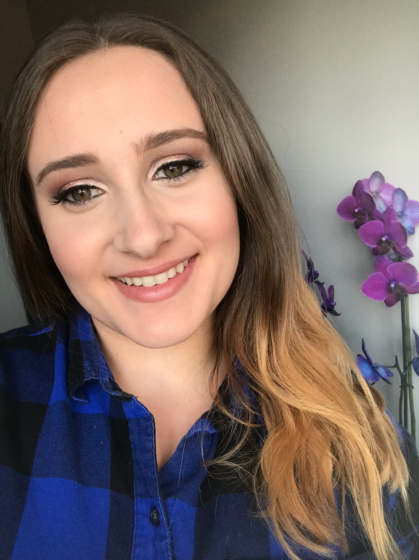 One of my favorite memories from being in the Psychology Department was watching Dr. Buchholz cover Dr. Osterman’s office with googly eyes for April Fools. I definitely had nothing to do with the prank.
One of my favorite memories from being in the Psychology Department was watching Dr. Buchholz cover Dr. Osterman’s office with googly eyes for April Fools. I definitely had nothing to do with the prank. 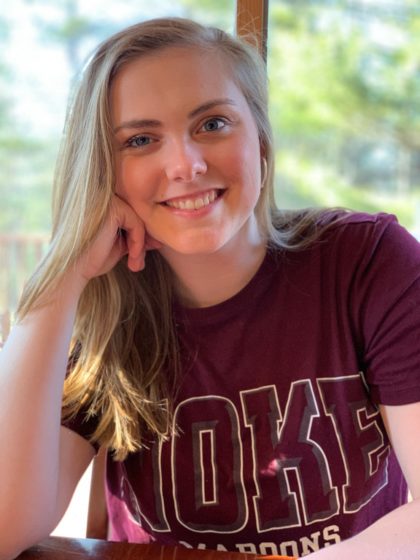 After graduation, I will be continuing my education at Virginia Tech by pursuing a Master’s Degree in Counselor Education.
After graduation, I will be continuing my education at Virginia Tech by pursuing a Master’s Degree in Counselor Education. 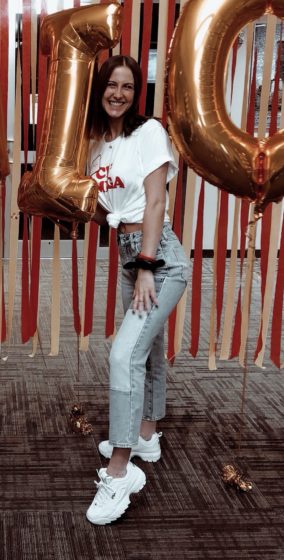 My favorite memory from being the Psychology Department was getting the chance to attend the SPSP Conference in New Orleans 2020!
My favorite memory from being the Psychology Department was getting the chance to attend the SPSP Conference in New Orleans 2020!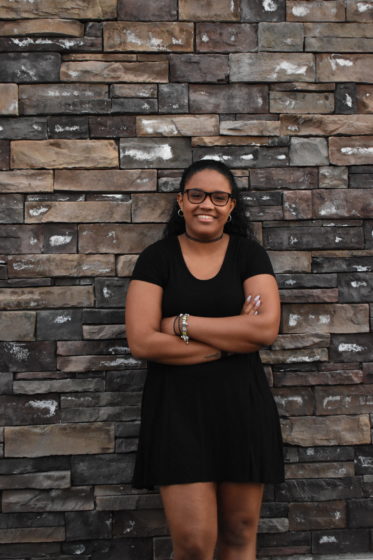 After graduation, I plan on finding a full-time job as a Graphic Designer, dealing with digital marketing.
After graduation, I plan on finding a full-time job as a Graphic Designer, dealing with digital marketing.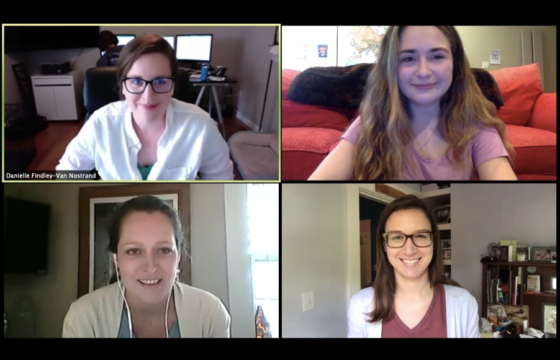
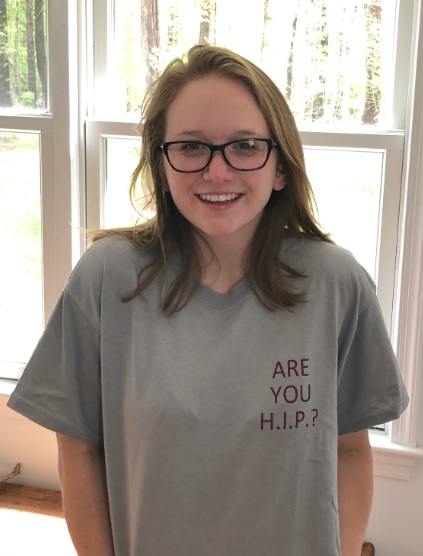
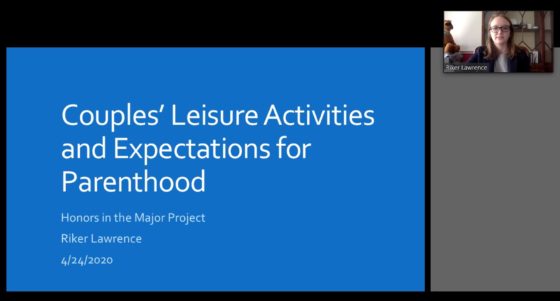
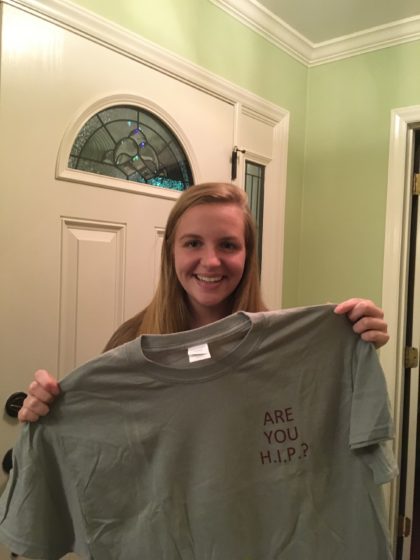
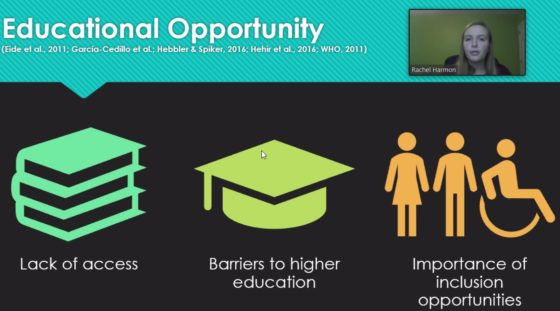
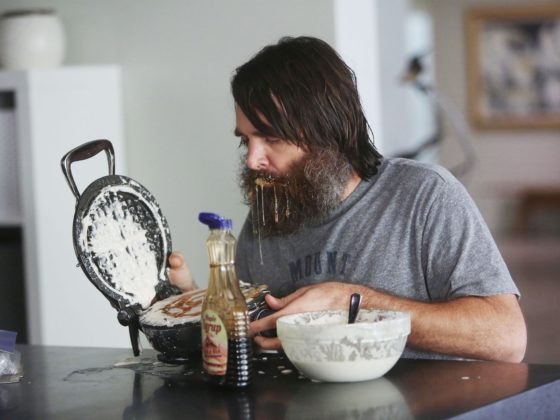
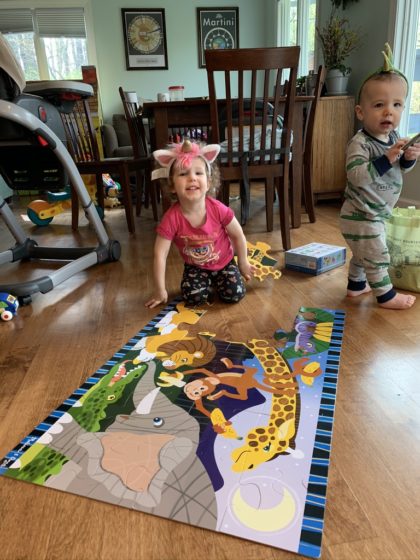
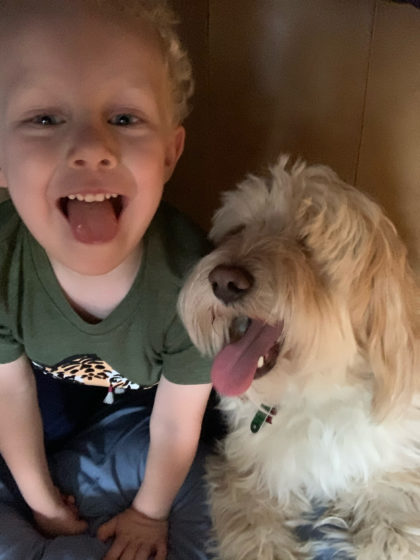
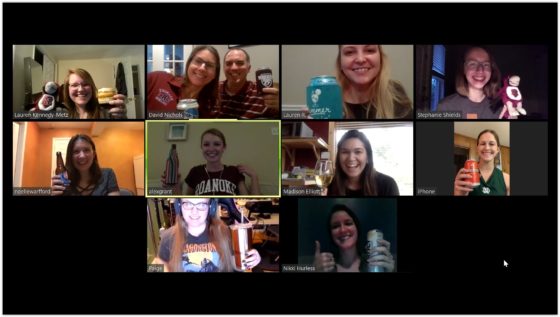
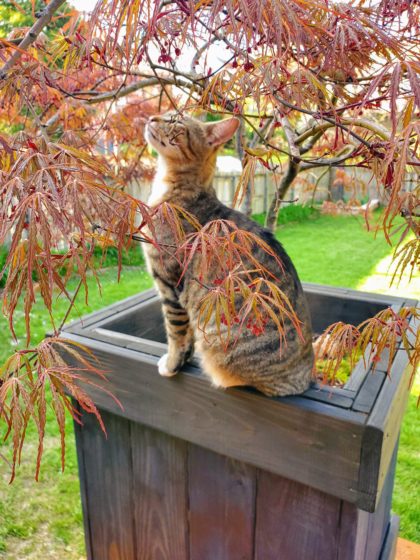
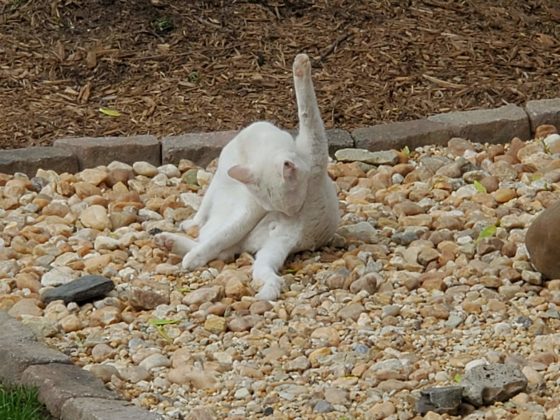

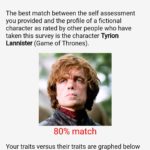
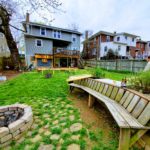
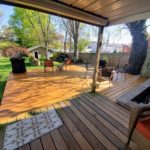

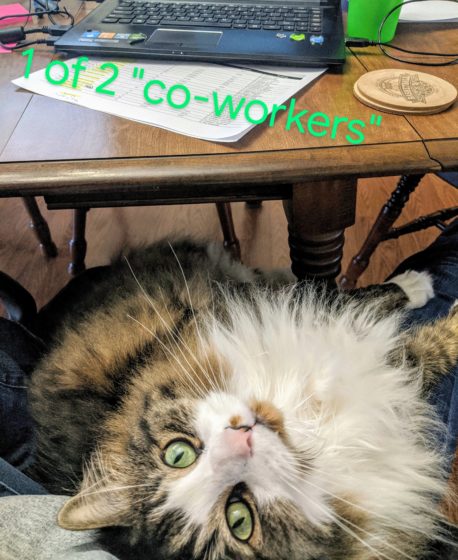
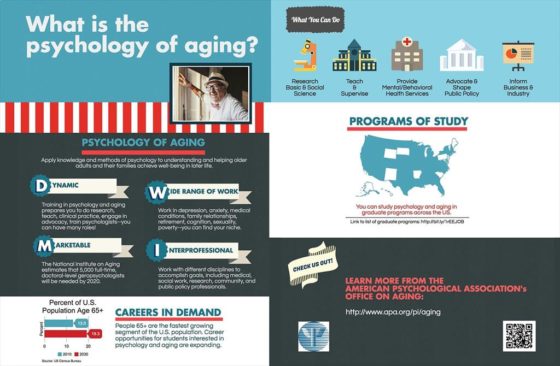 April 19 to April 25 is APA and GSA’s careers in aging week! Psychology of aging focuses on applying knowledge and methods of psychology to understanding and helping older adults and their families to achieve well-being in later life. If you are interested in working with older adults and want to learn more then follow this
April 19 to April 25 is APA and GSA’s careers in aging week! Psychology of aging focuses on applying knowledge and methods of psychology to understanding and helping older adults and their families to achieve well-being in later life. If you are interested in working with older adults and want to learn more then follow this 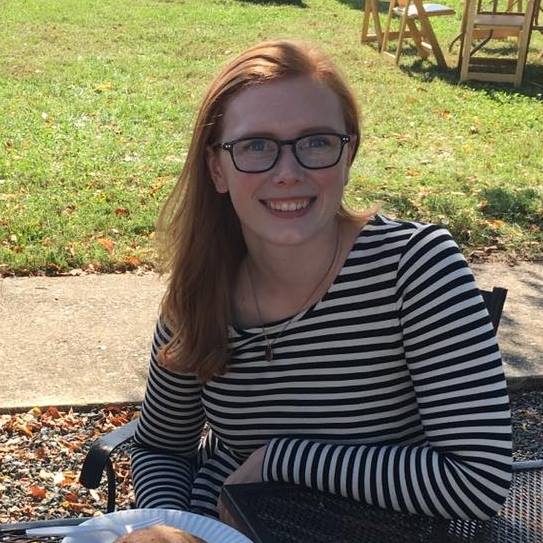
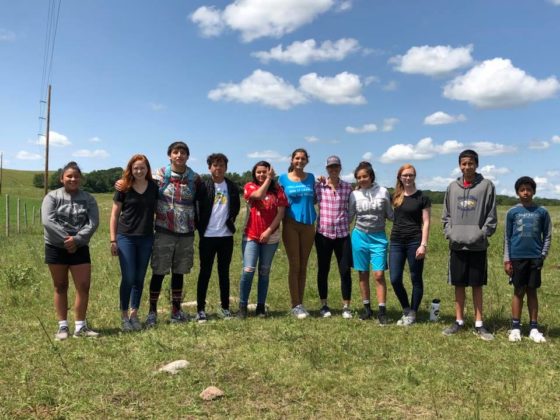
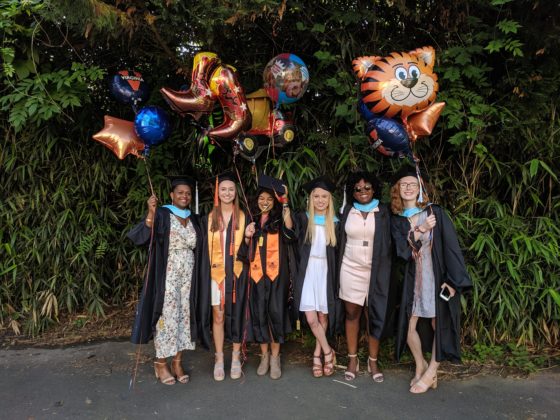
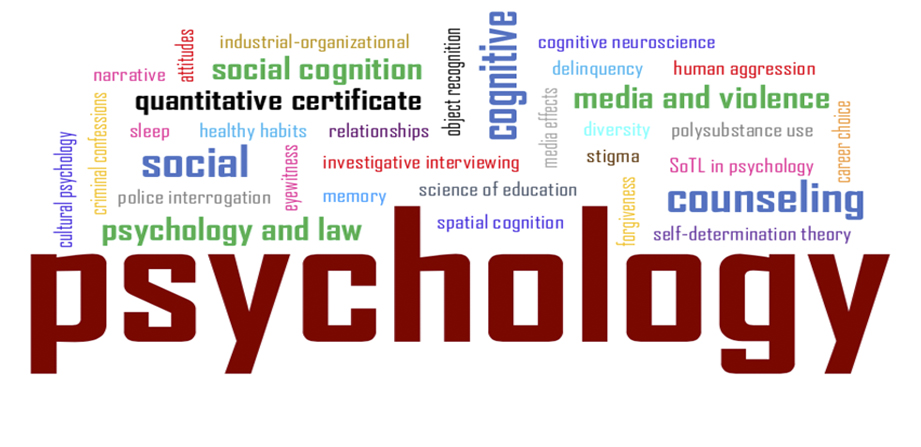


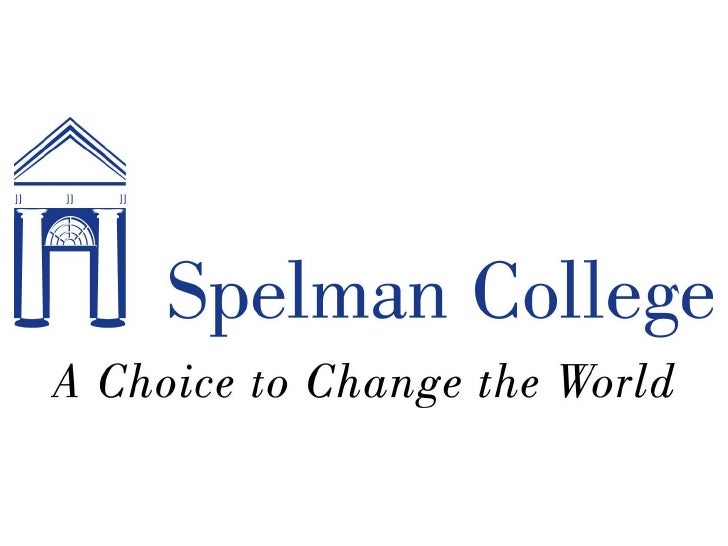
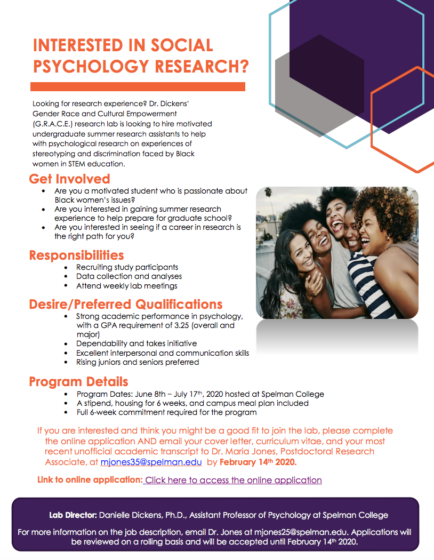

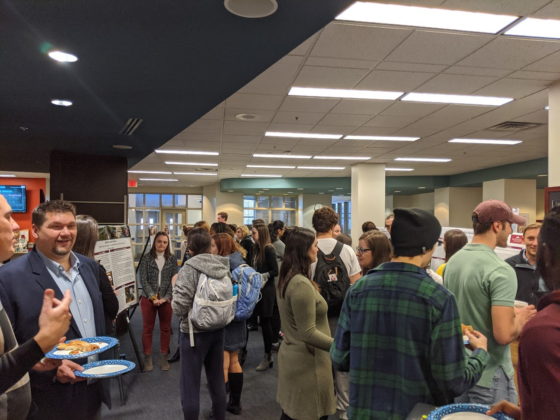
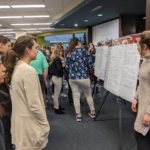

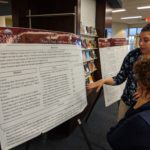
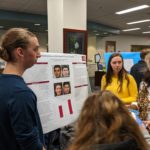
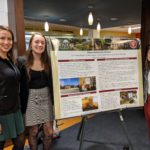
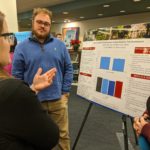
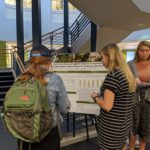
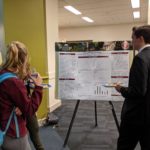
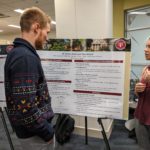
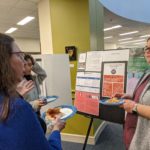
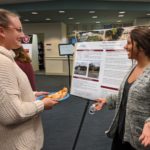
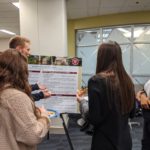
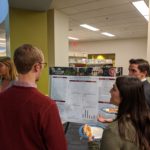
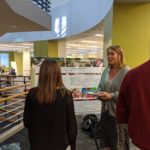
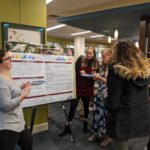
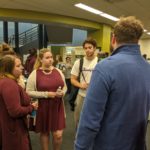
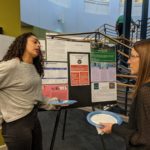
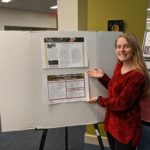
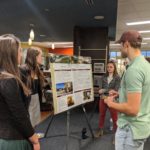
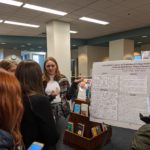
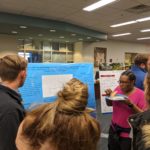
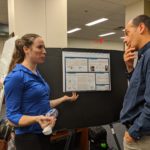

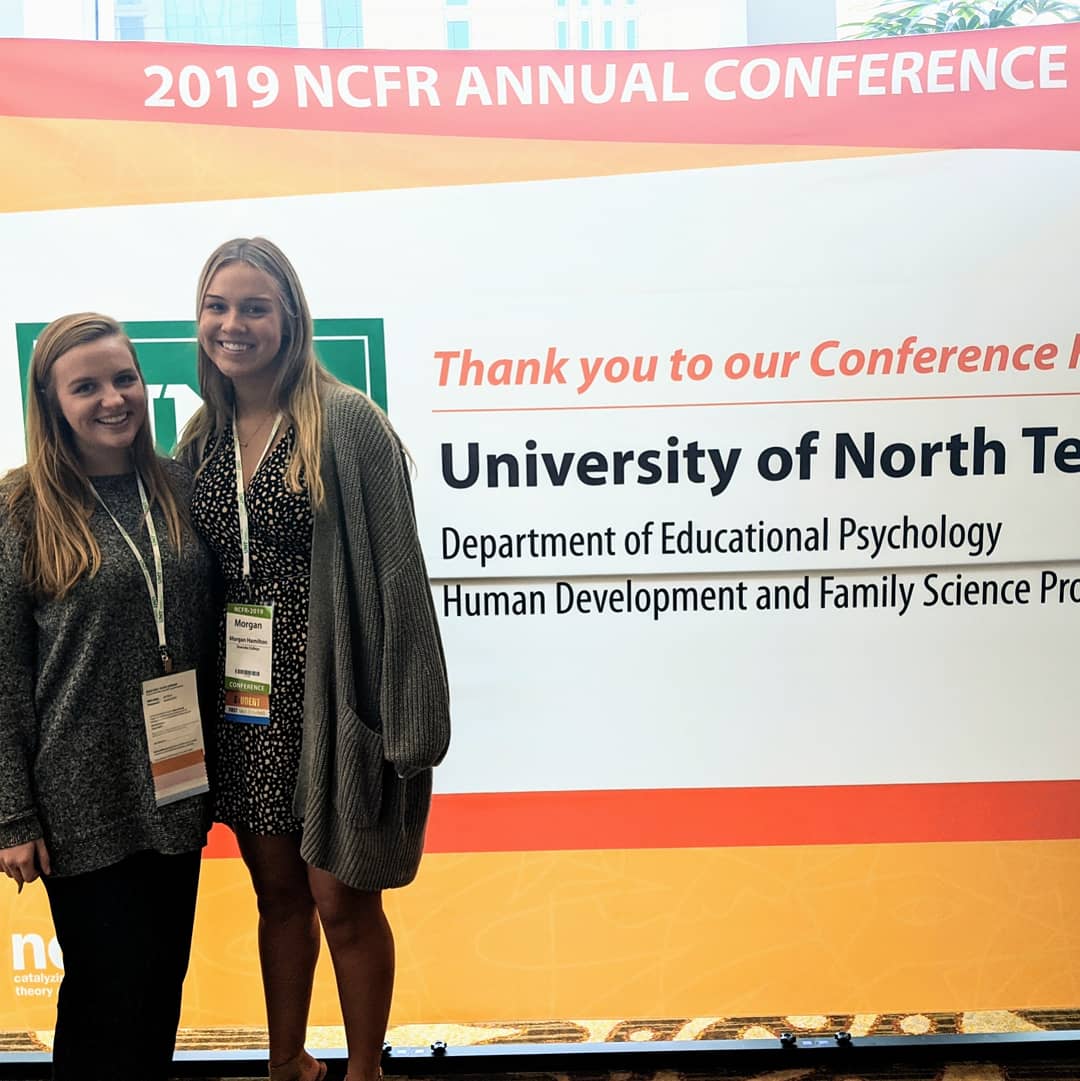
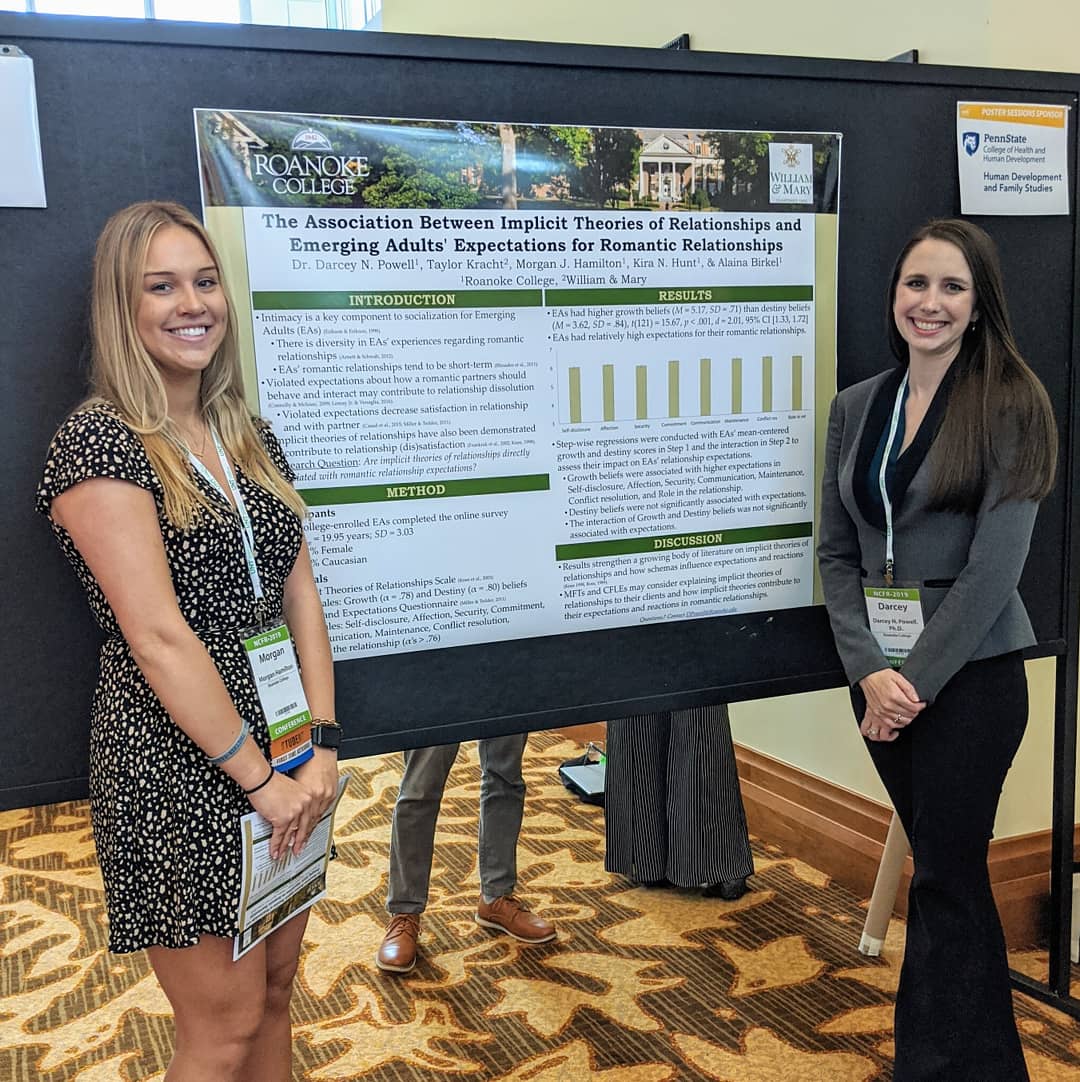


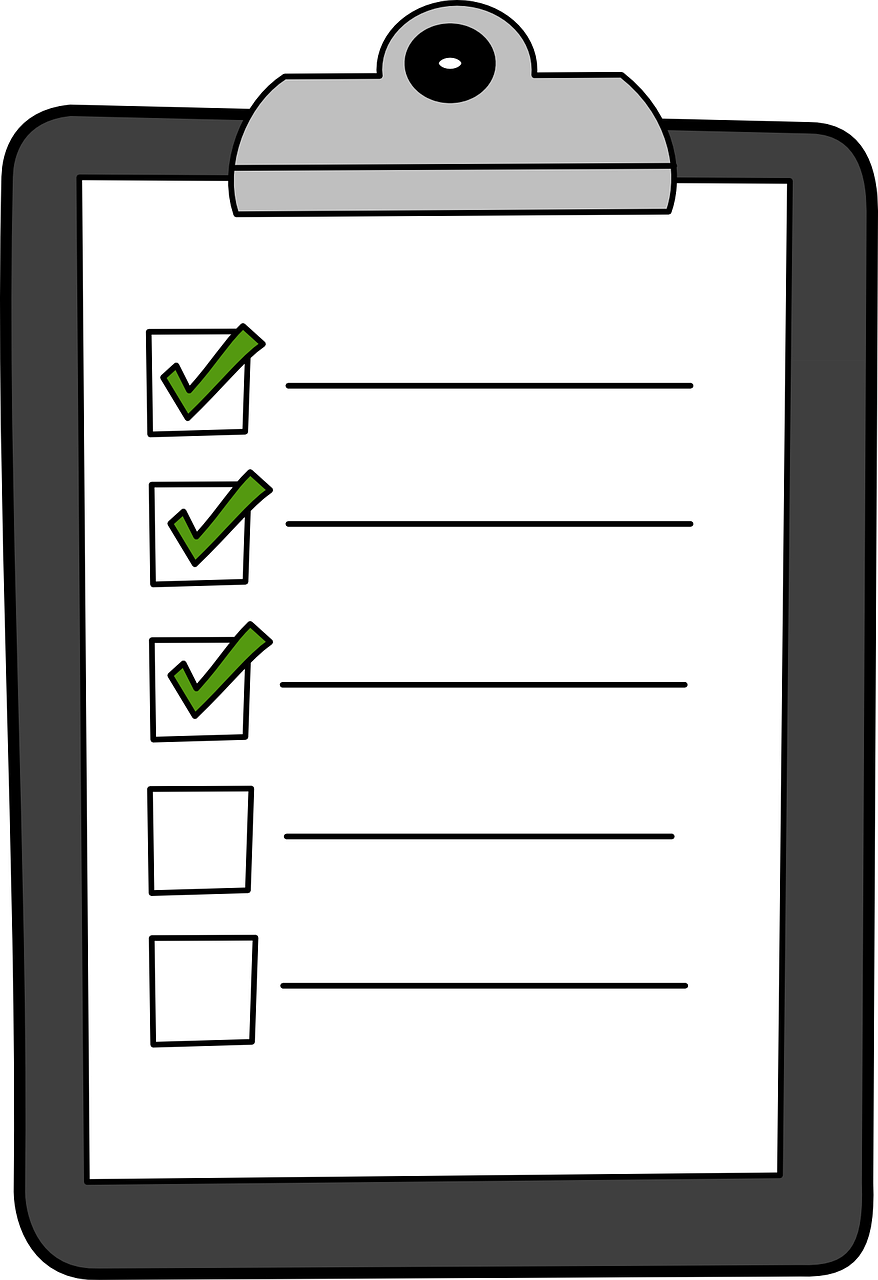

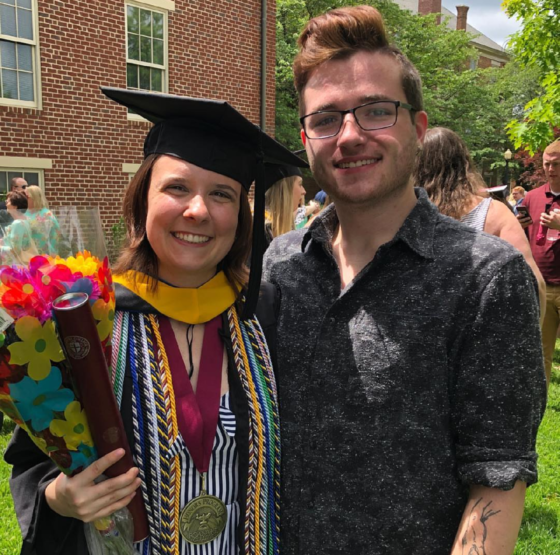
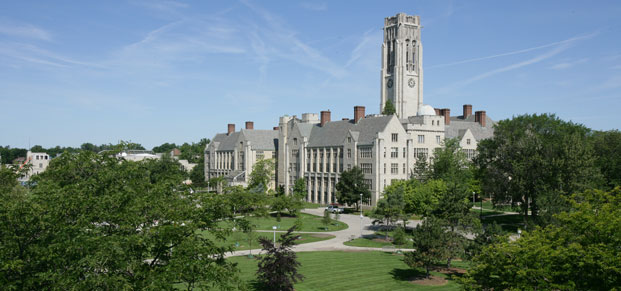
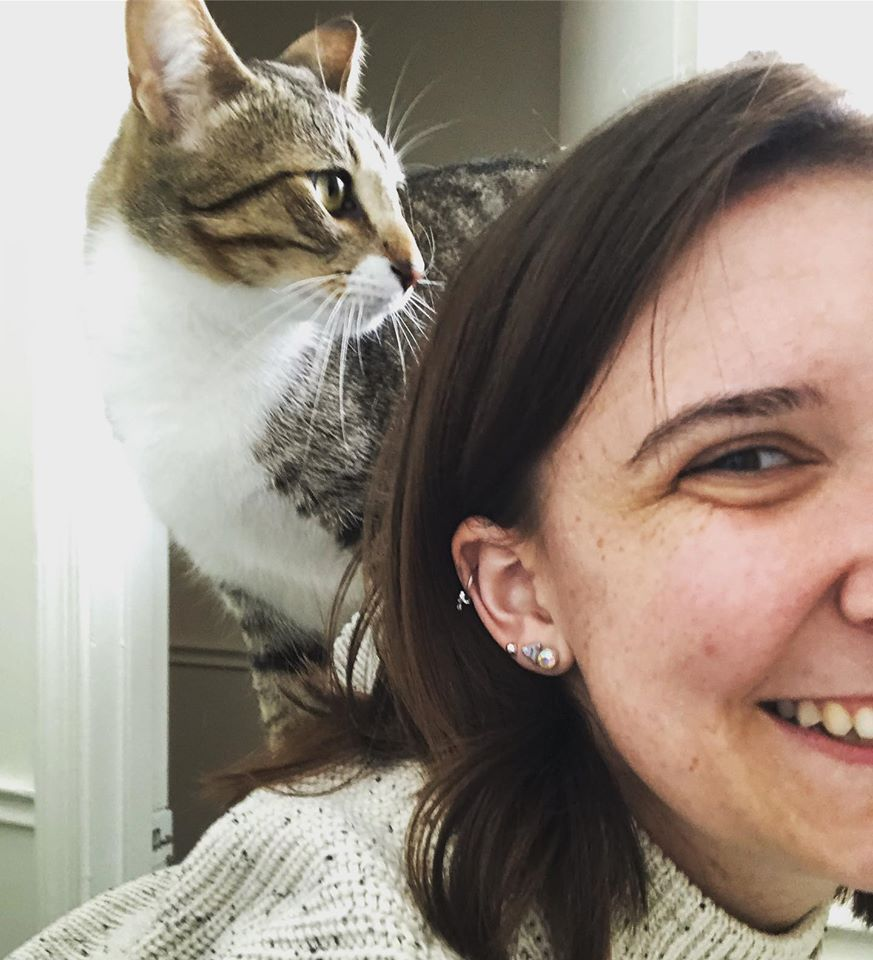
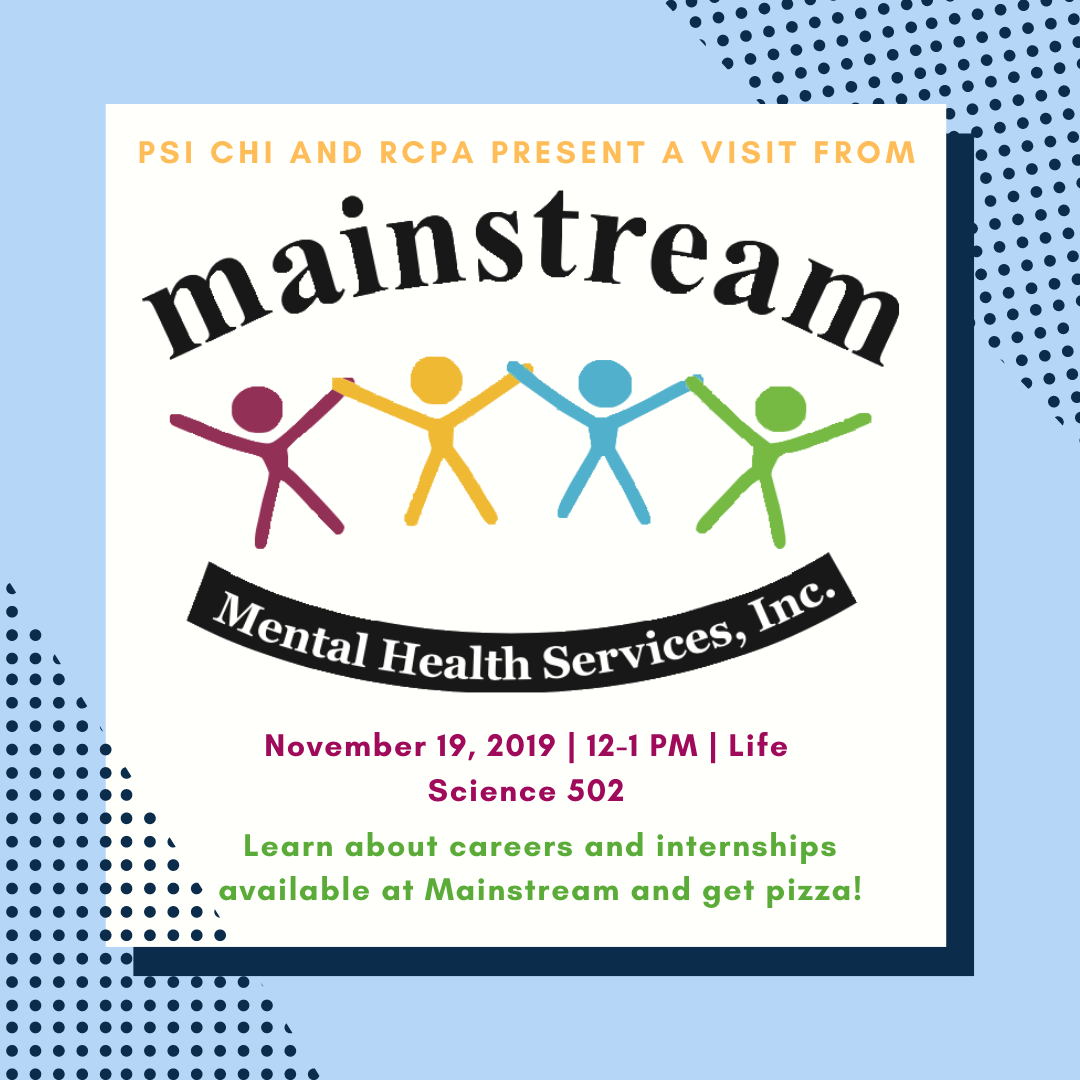

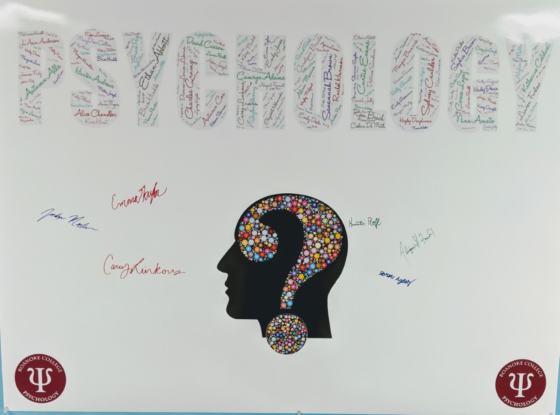 On November 6 the psychology department welcomed newly declared majors at the New Majors Orientation event! The students that attended the event learned more about what the psychology department has to offer and officially “signed into” the department by signing the psychology major poster!
On November 6 the psychology department welcomed newly declared majors at the New Majors Orientation event! The students that attended the event learned more about what the psychology department has to offer and officially “signed into” the department by signing the psychology major poster!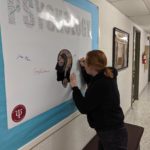
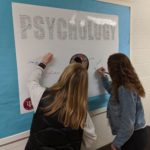
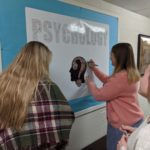
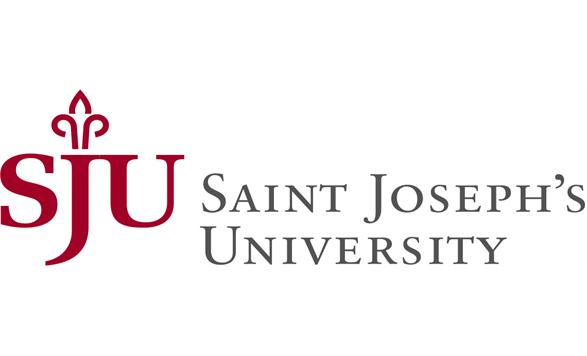
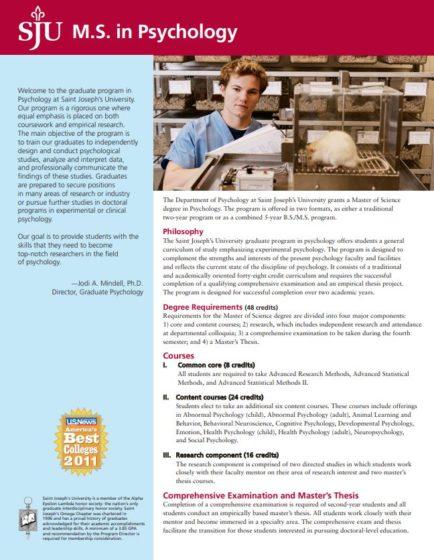
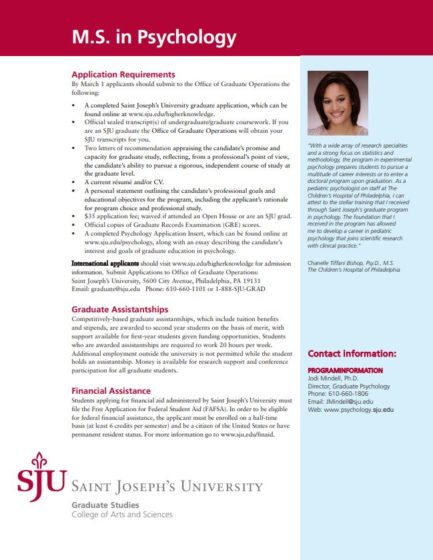

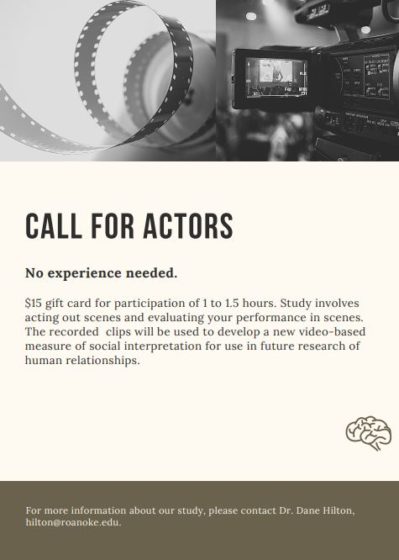

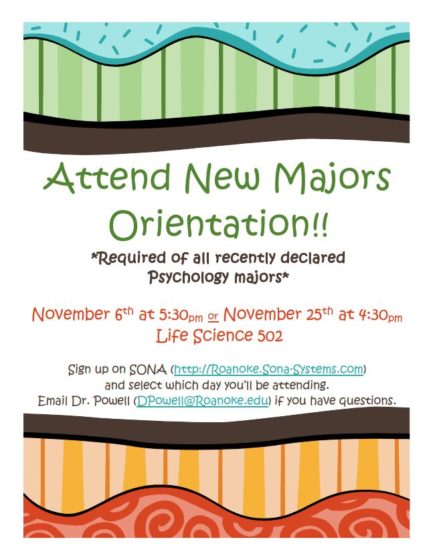



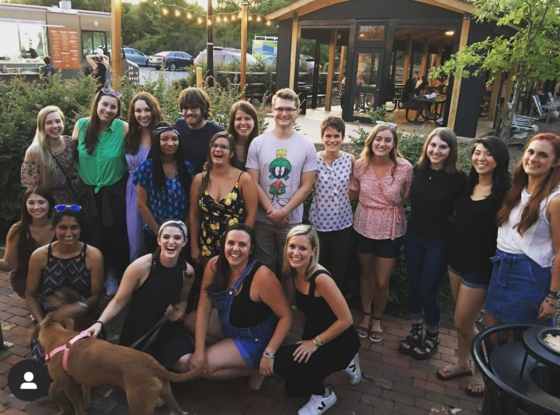
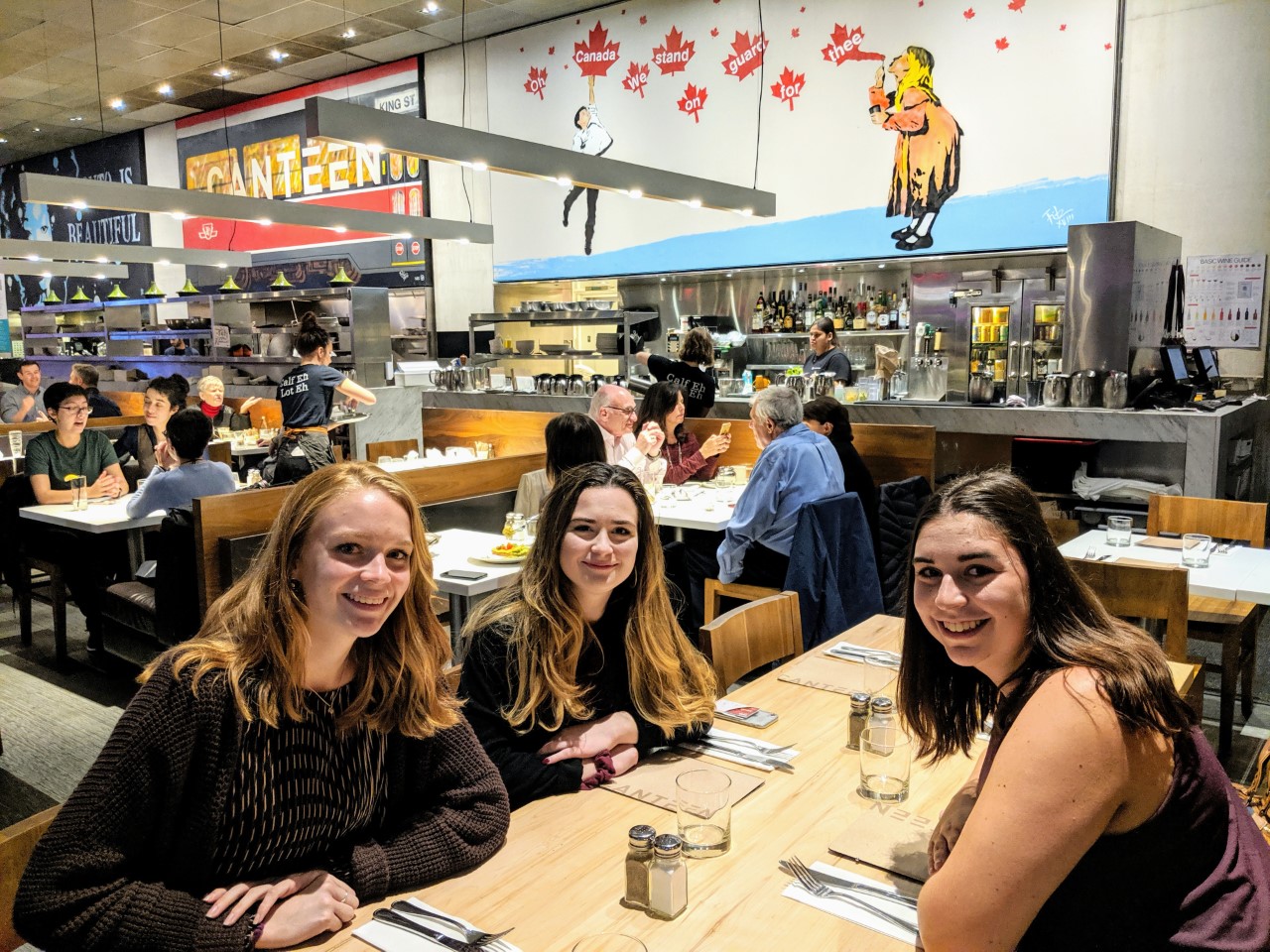
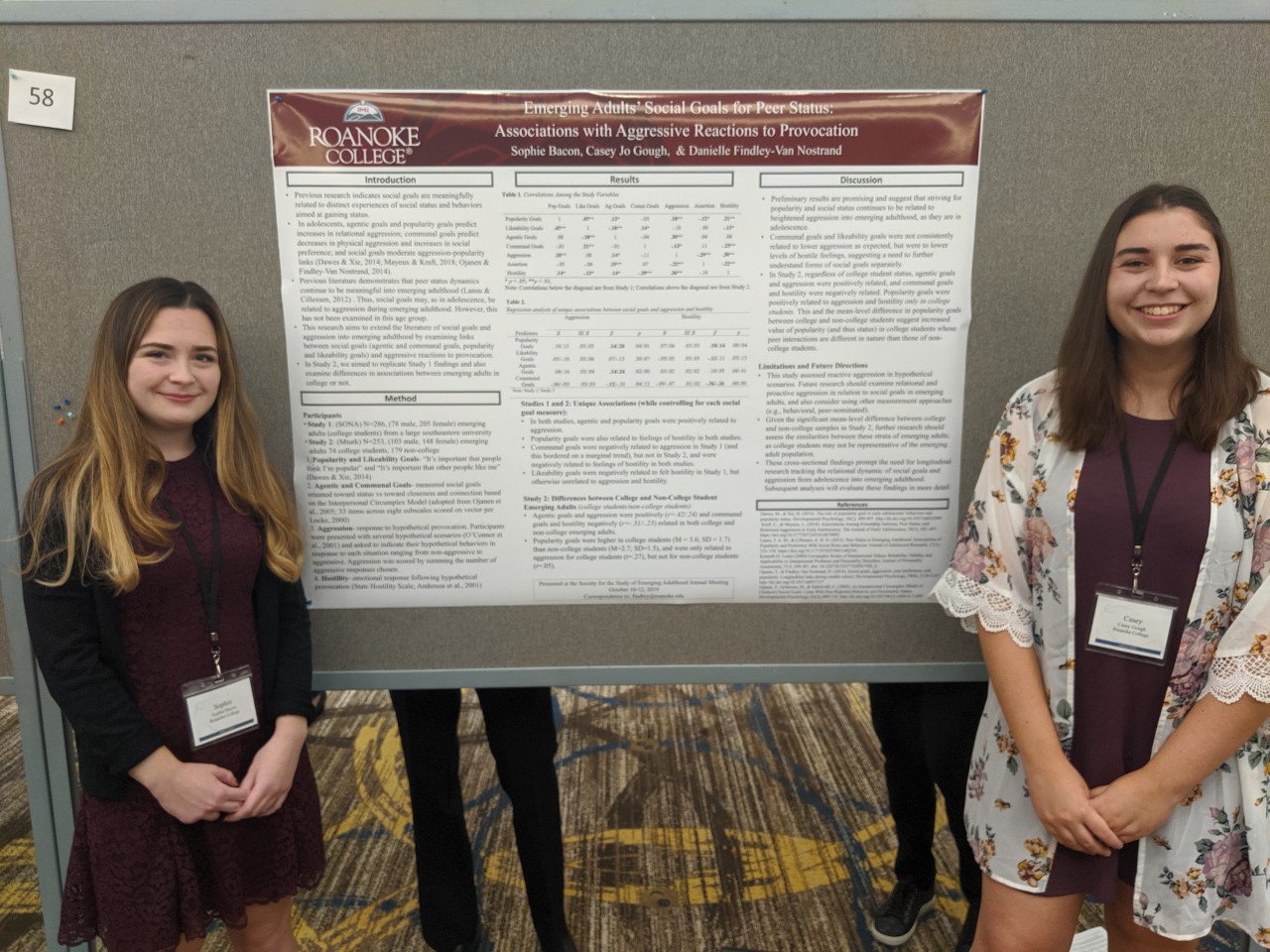
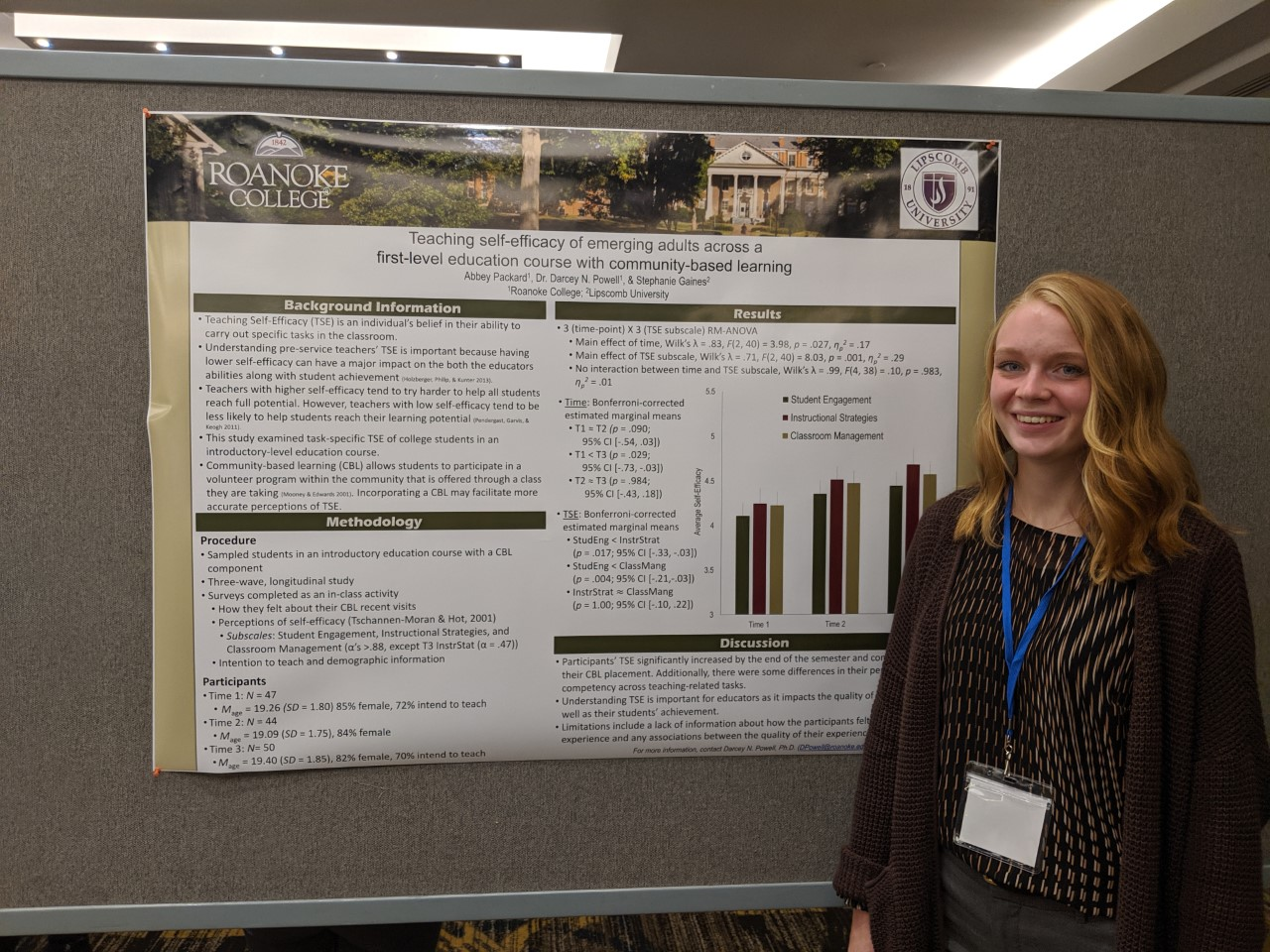
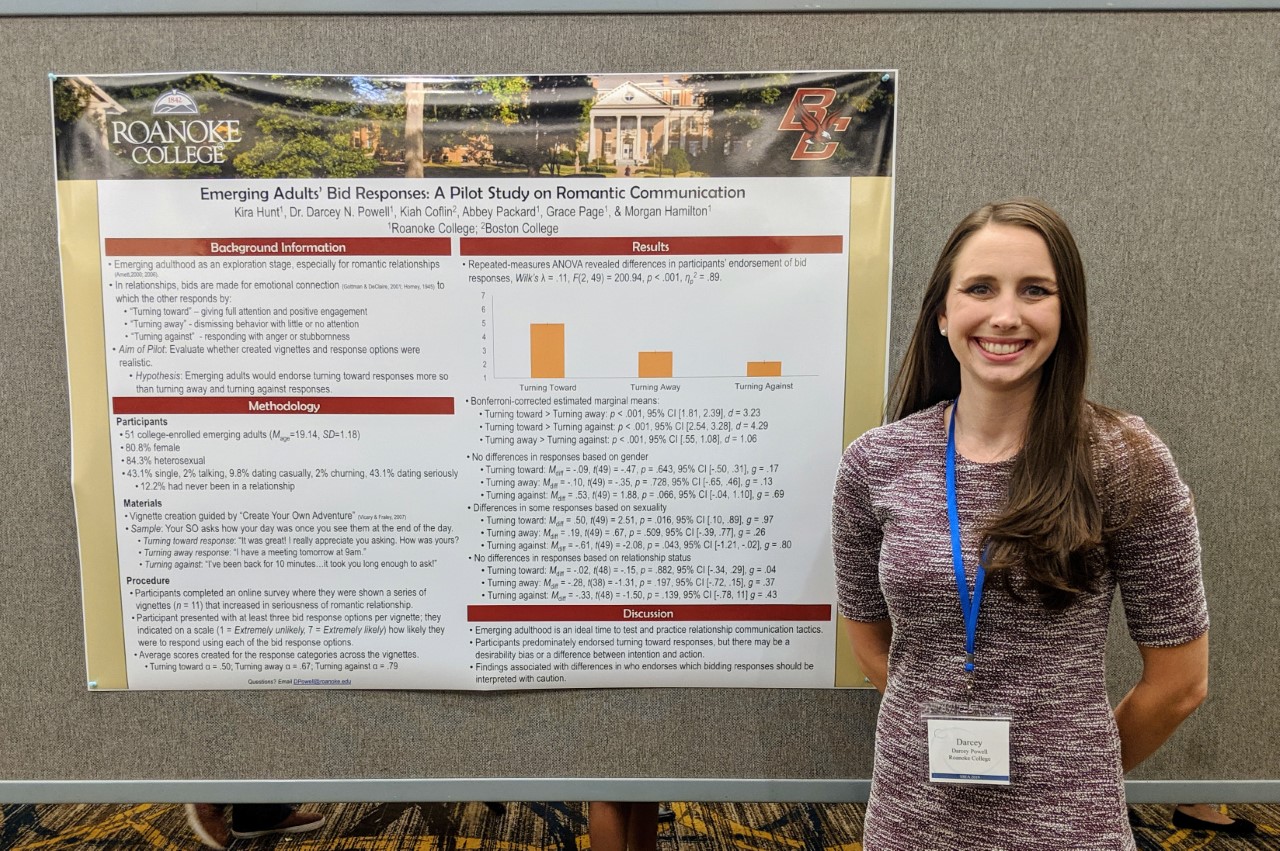
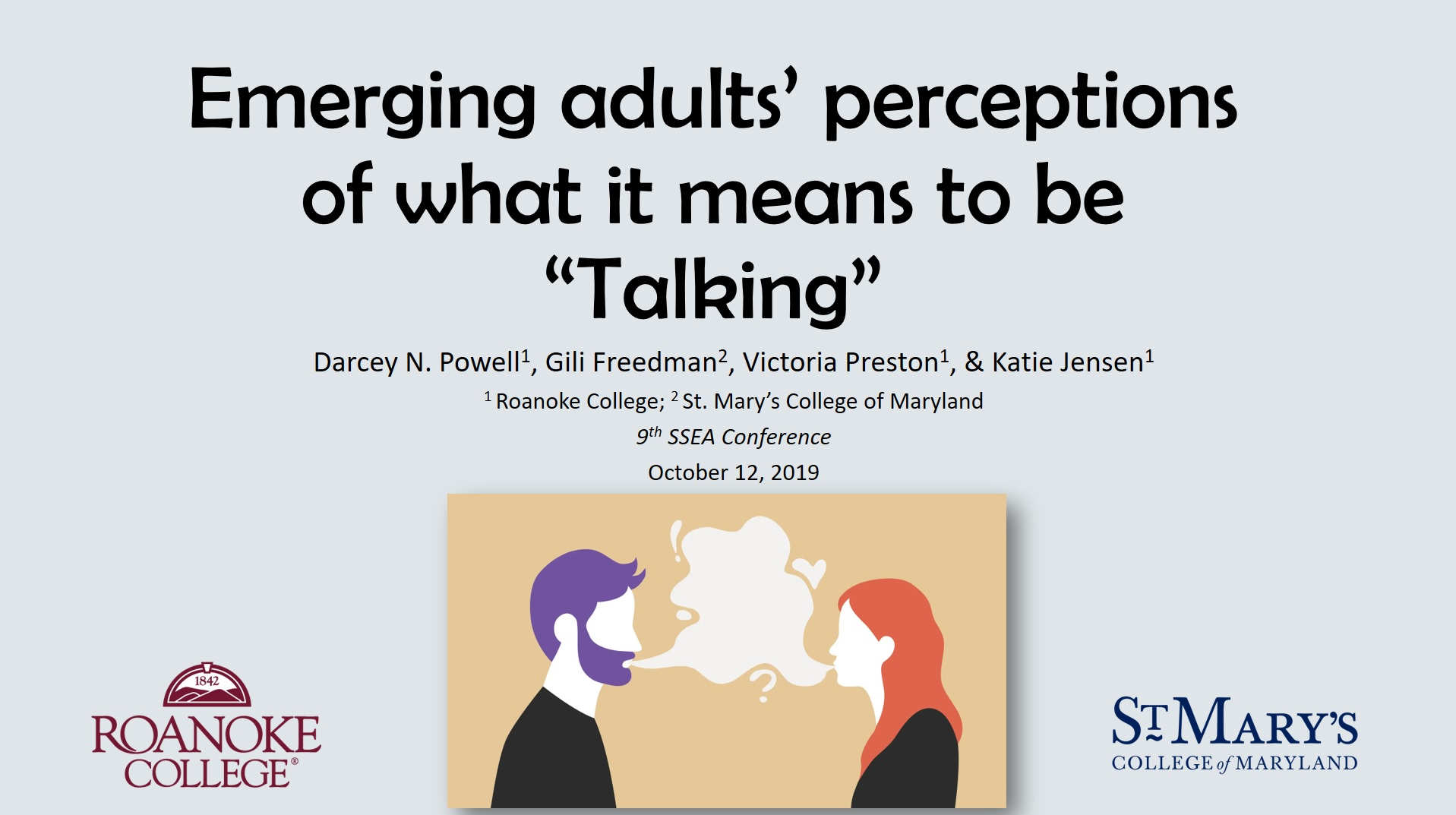
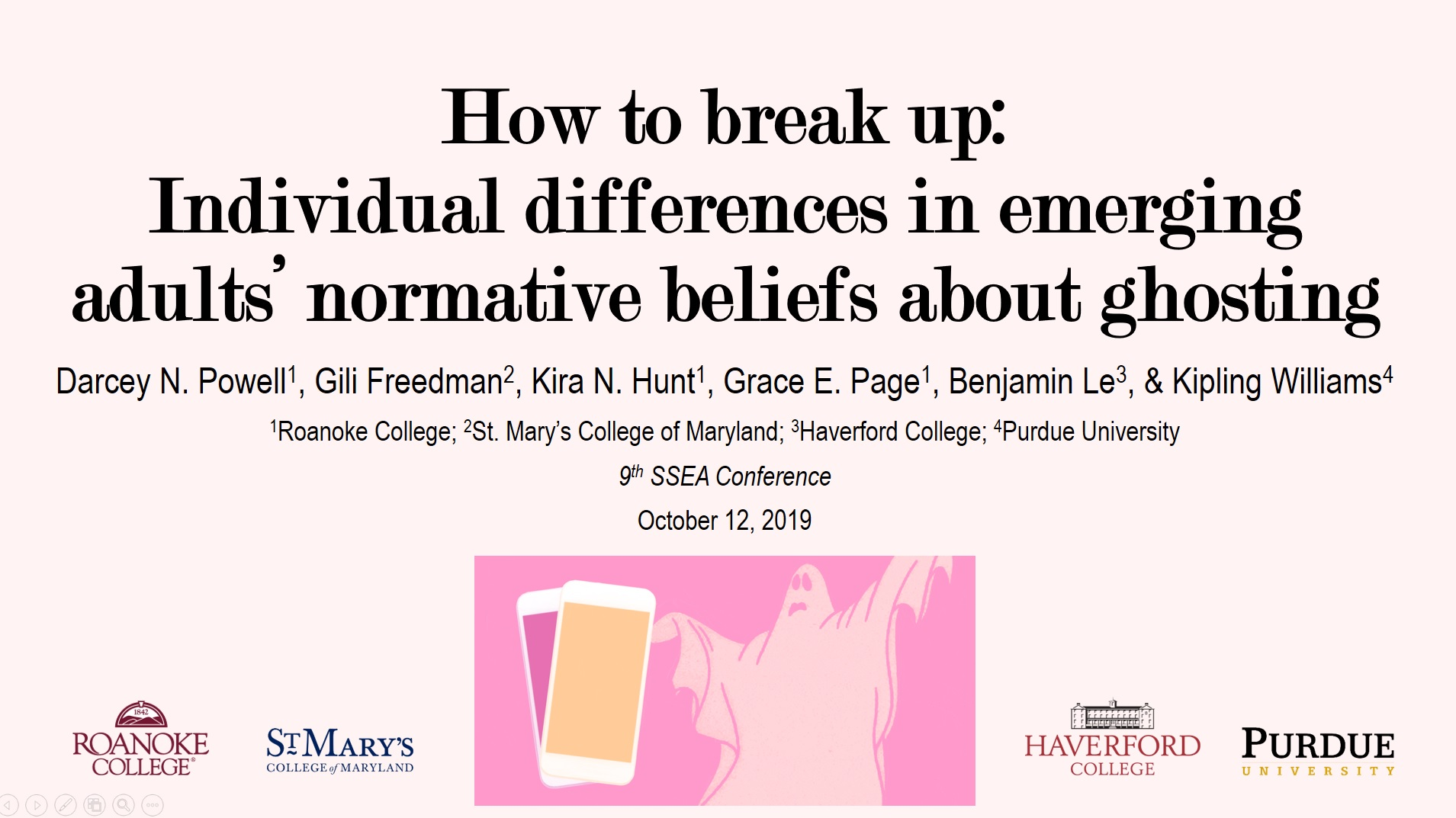

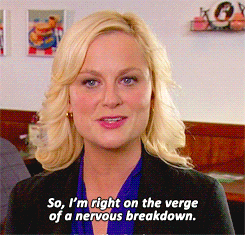
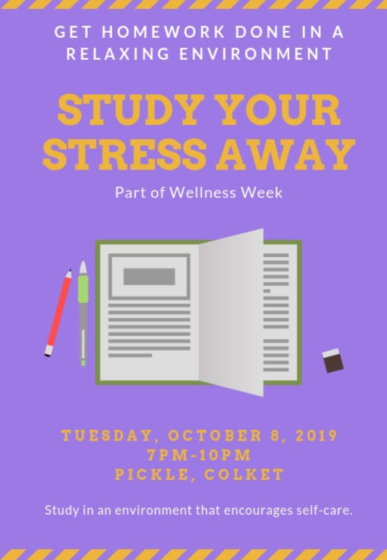
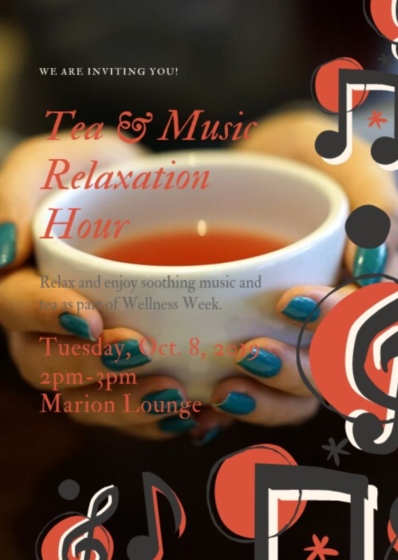

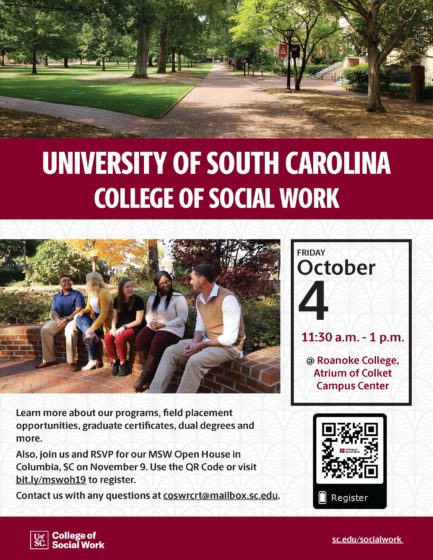

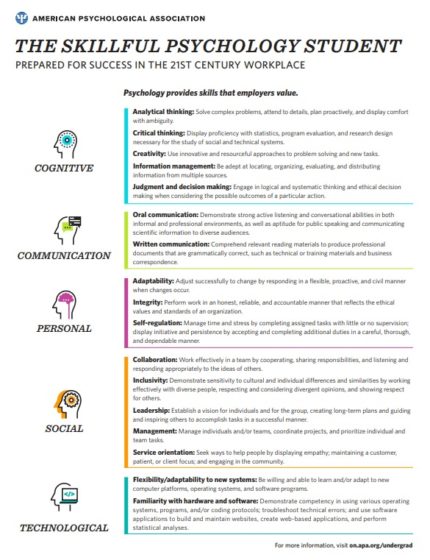

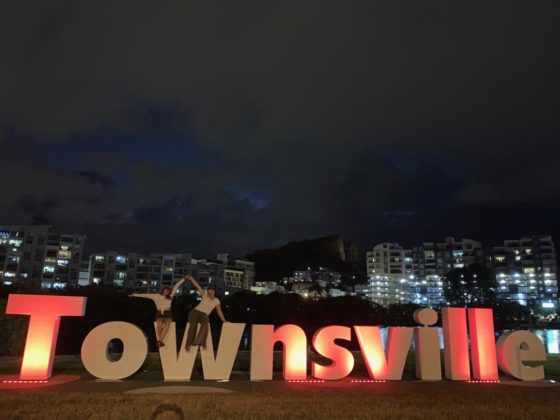


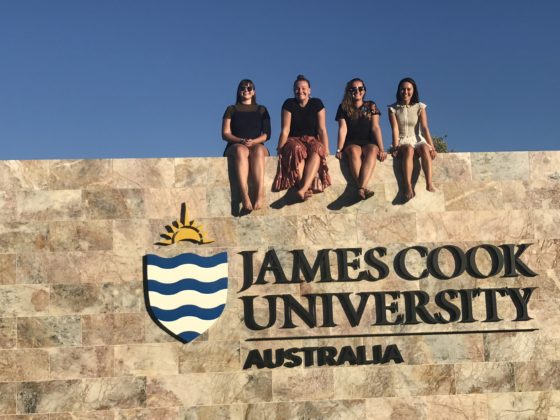
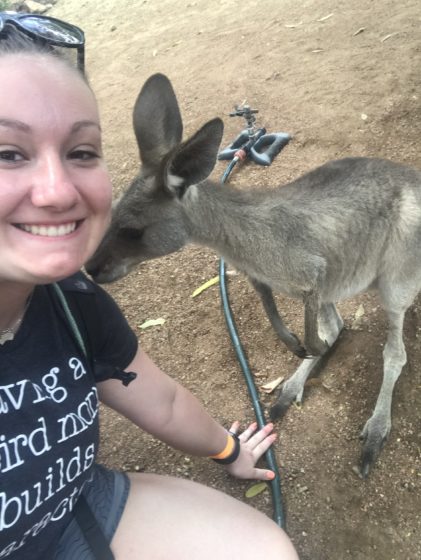

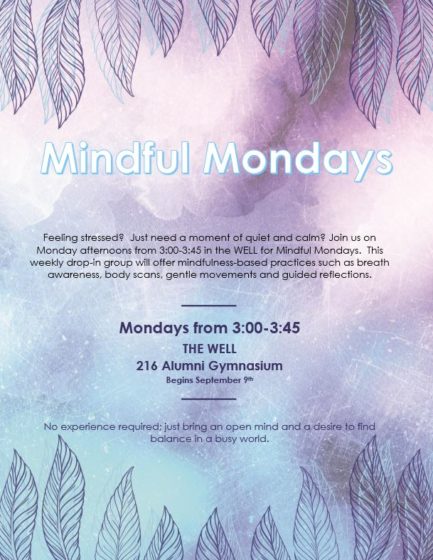 Take part in Mindful Mondays
Take part in Mindful Mondays 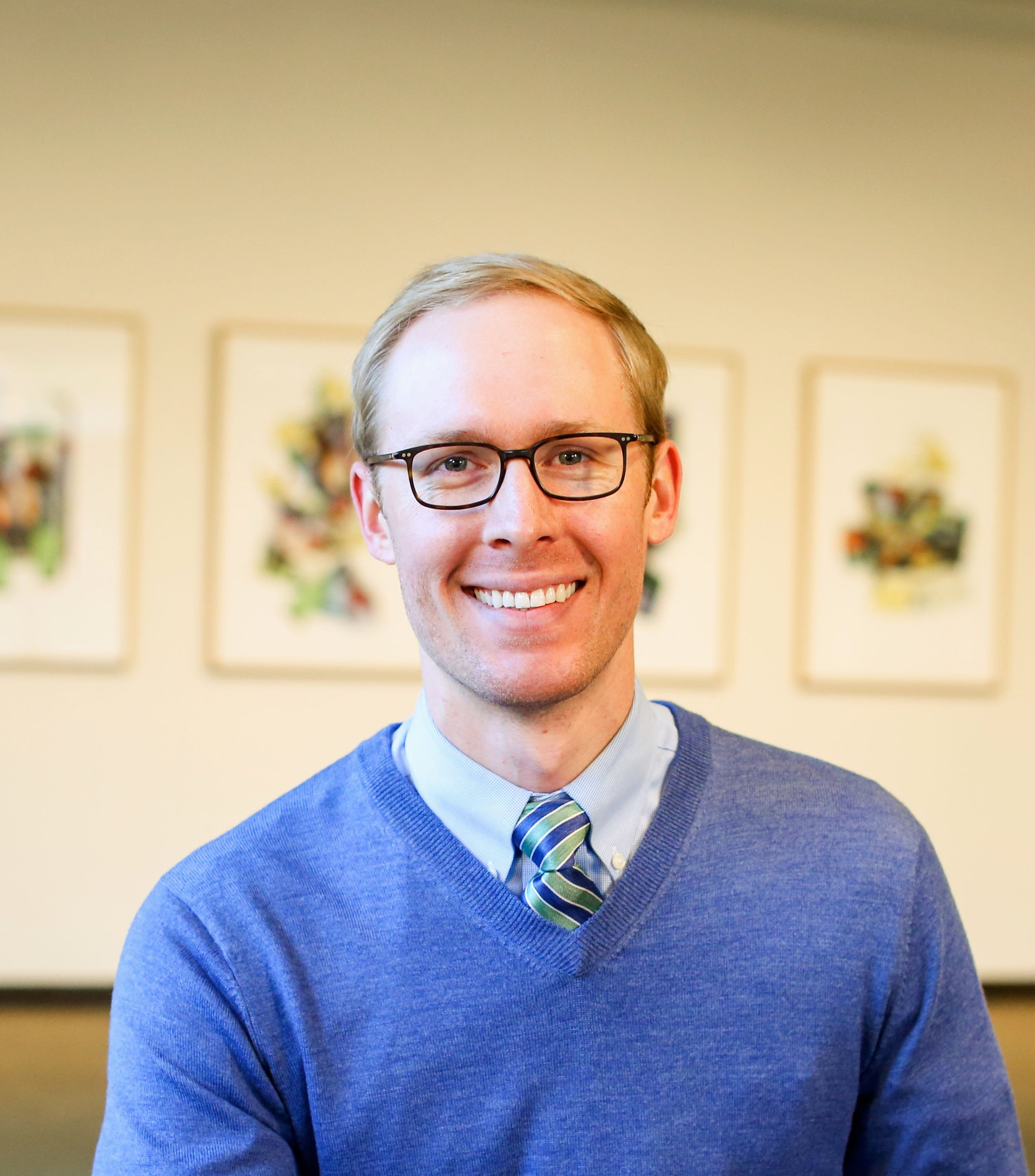
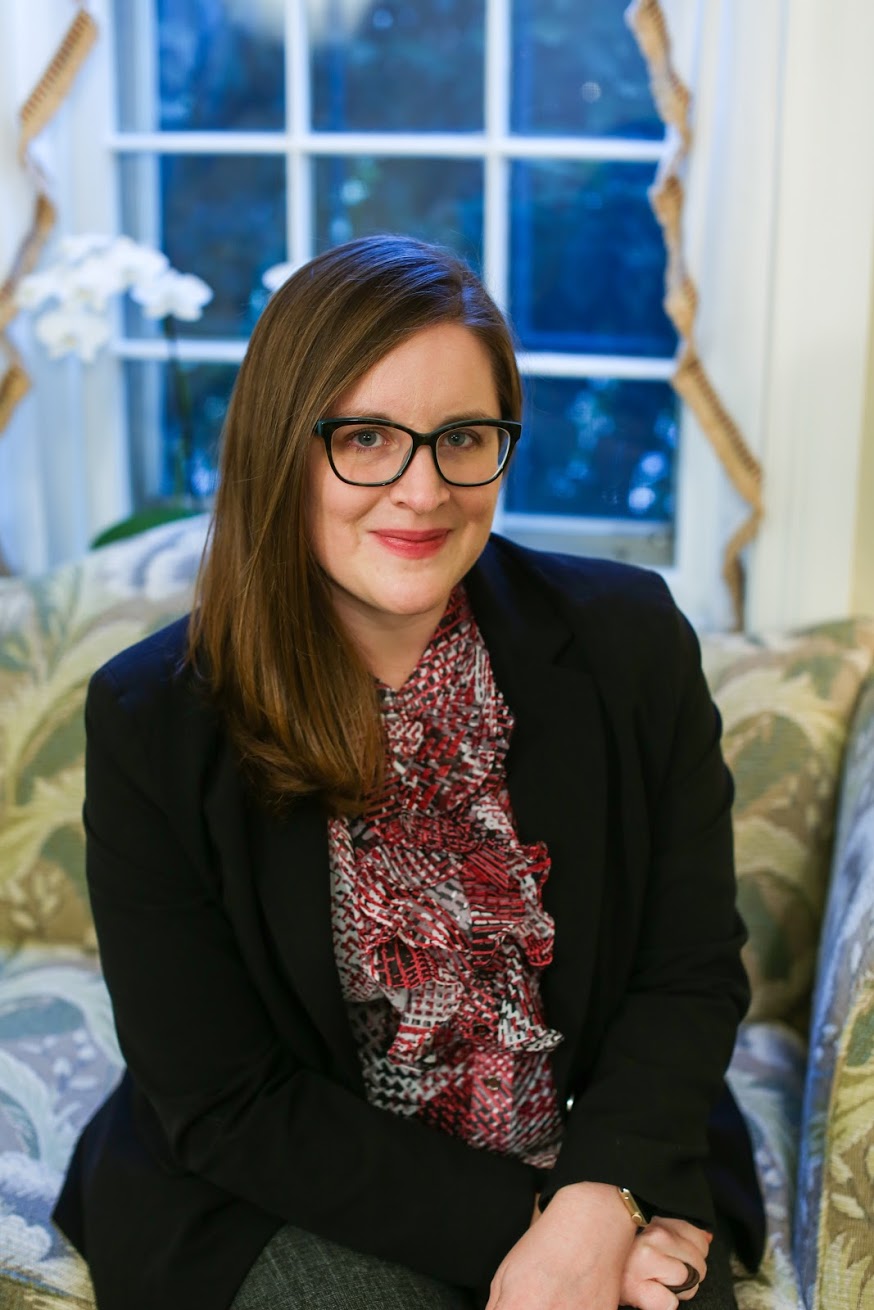 Congratulations to
Congratulations to